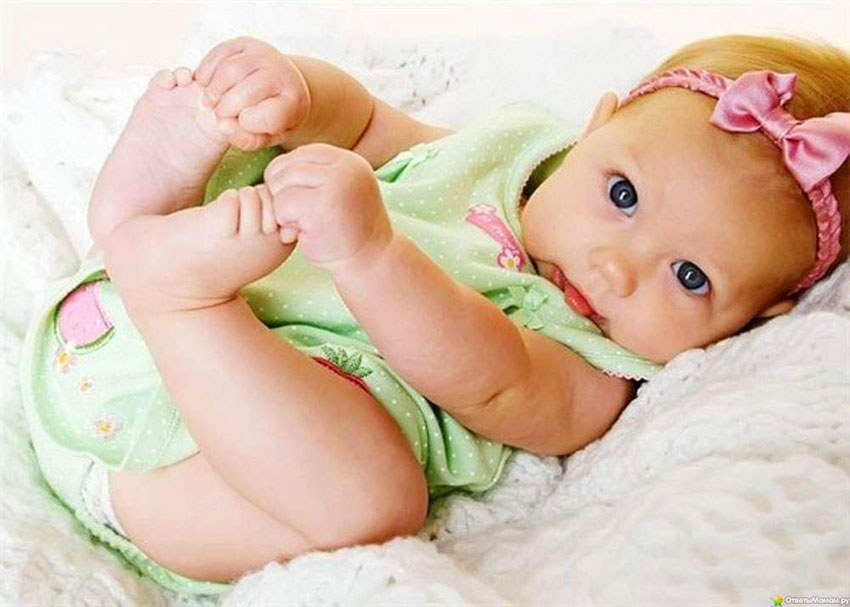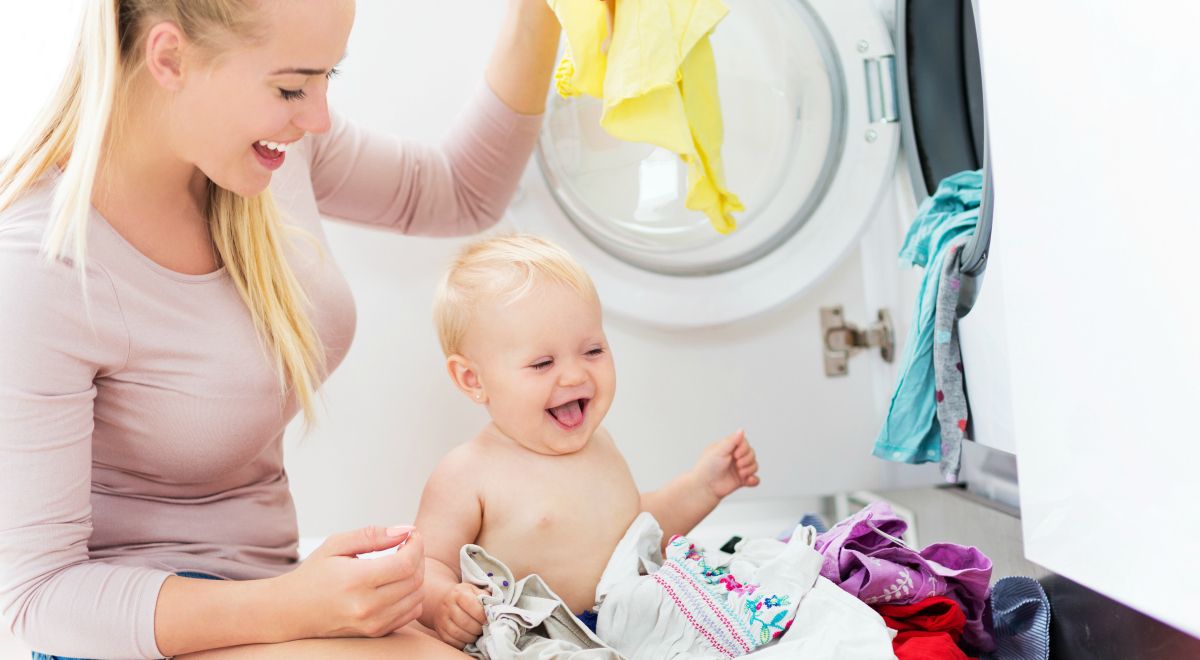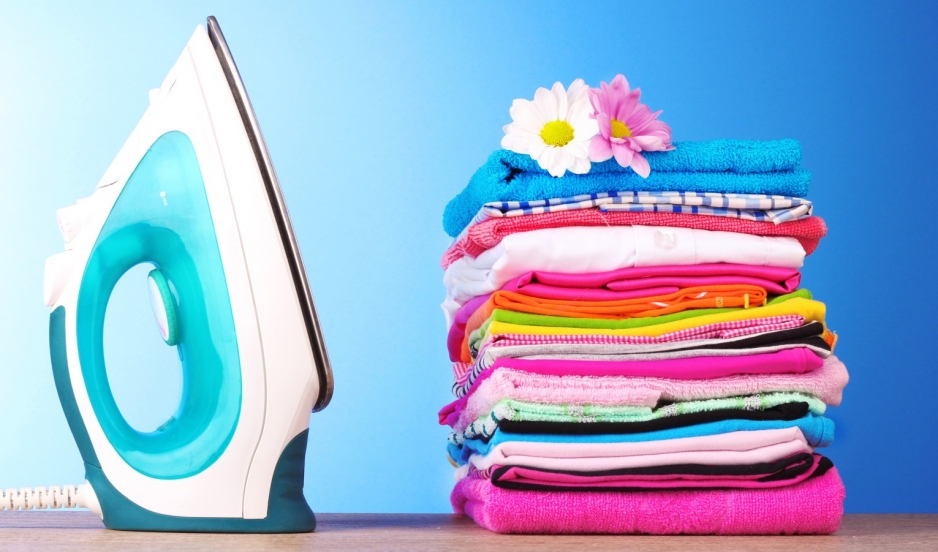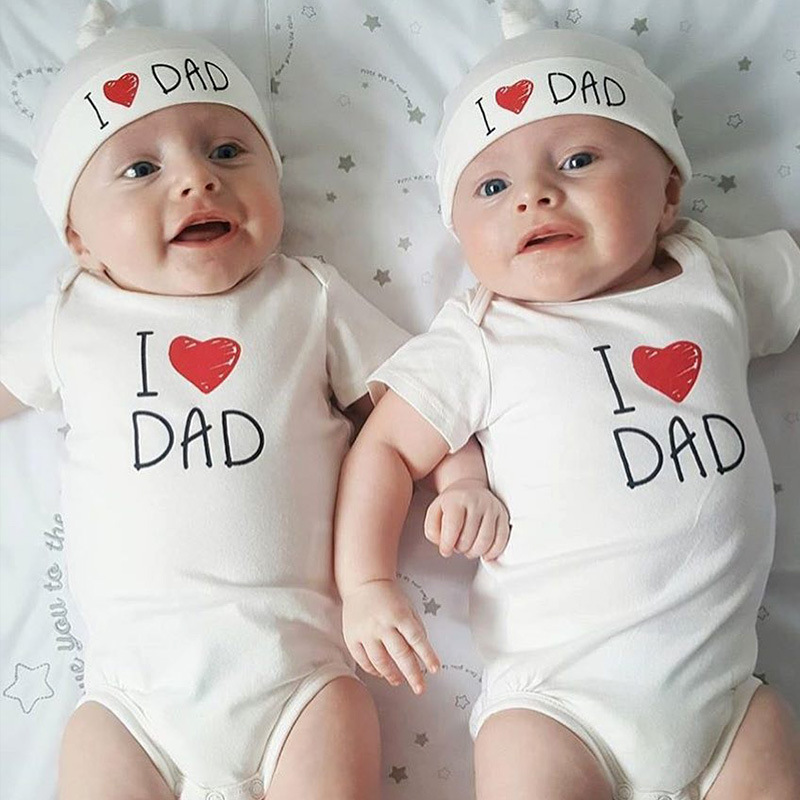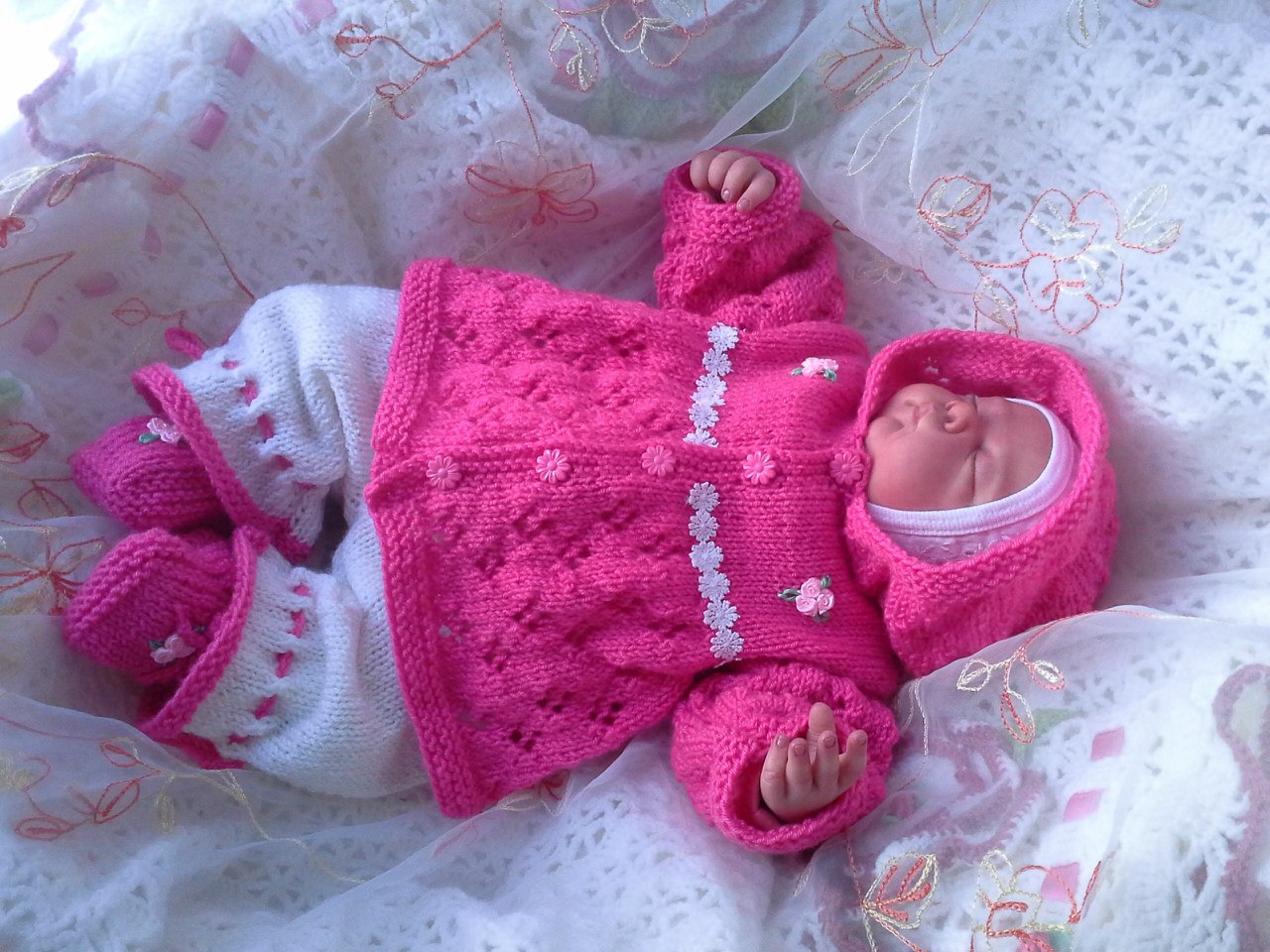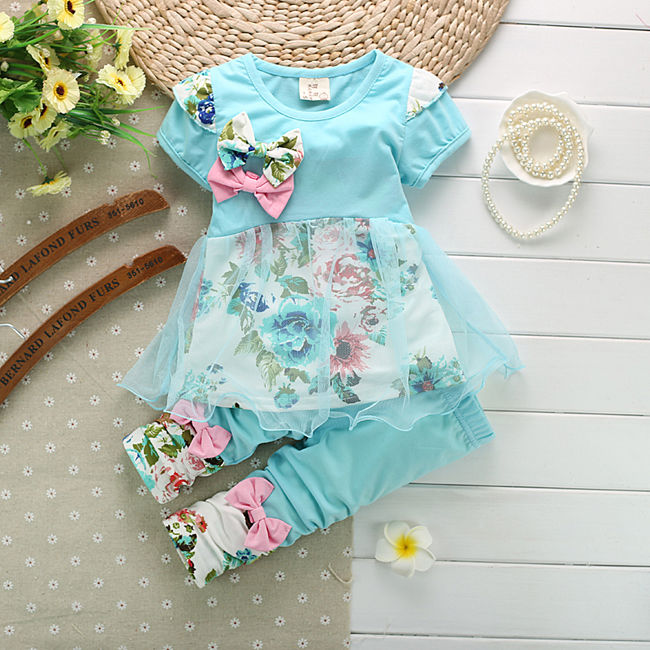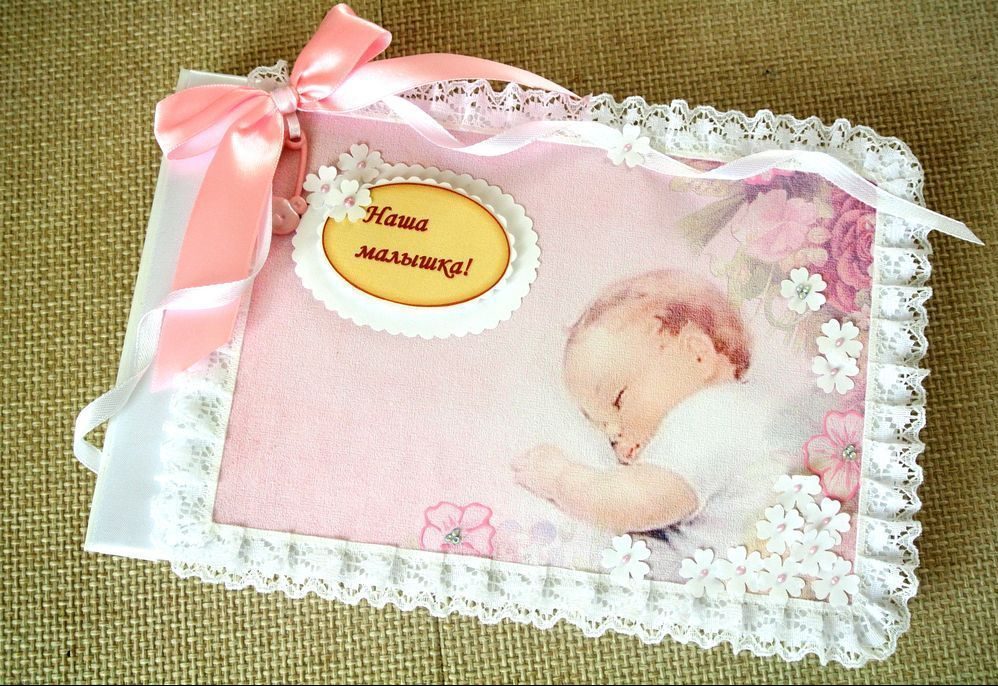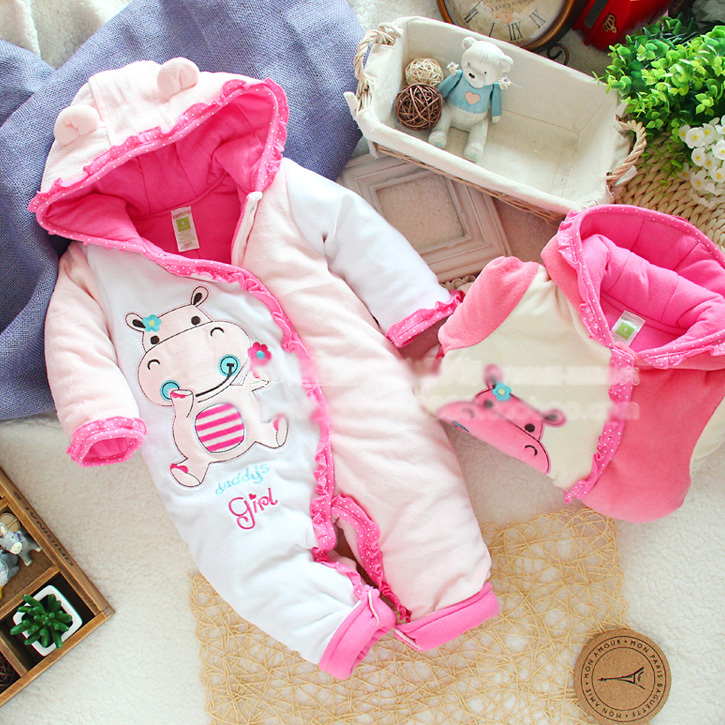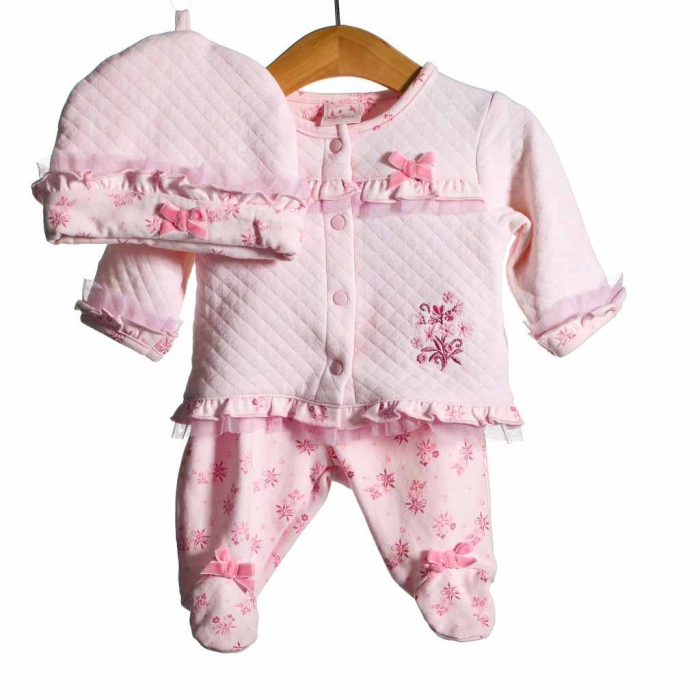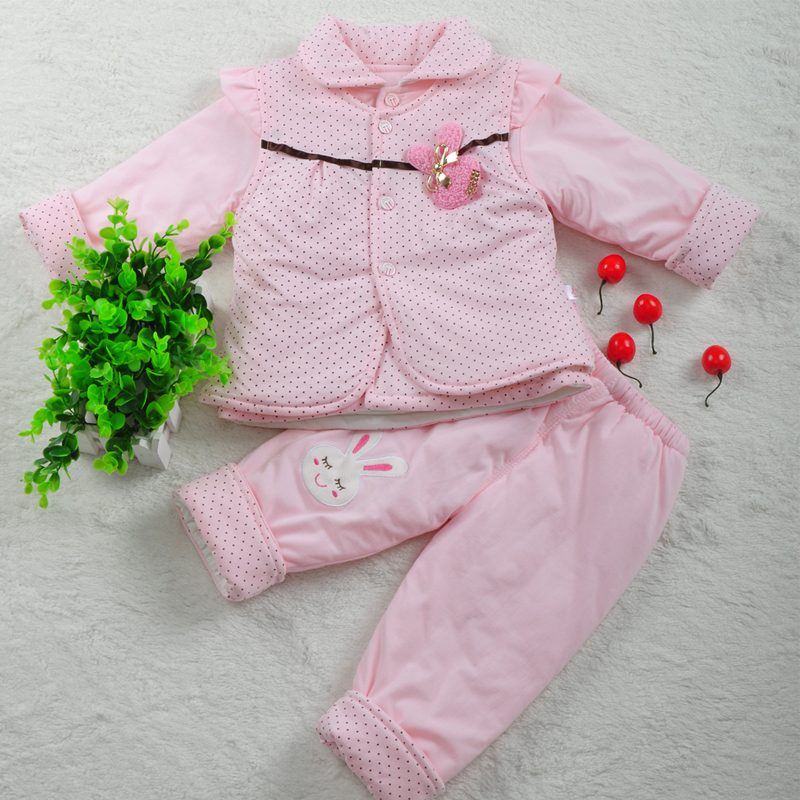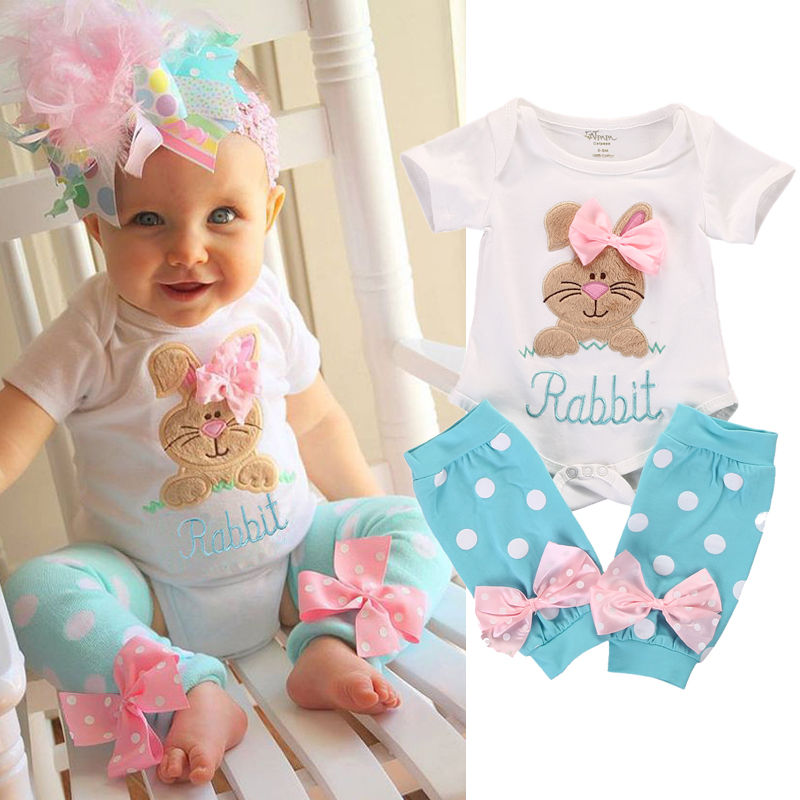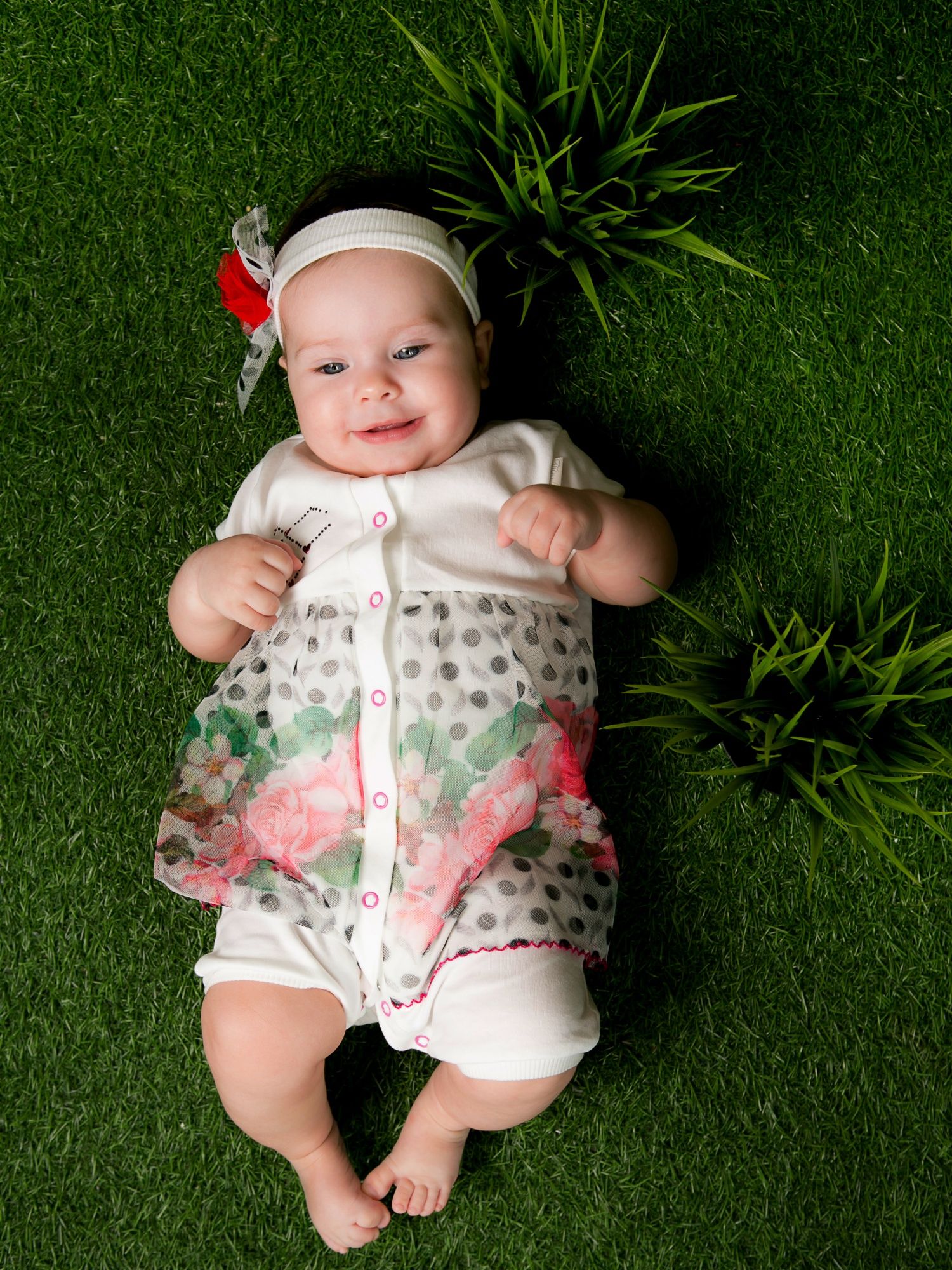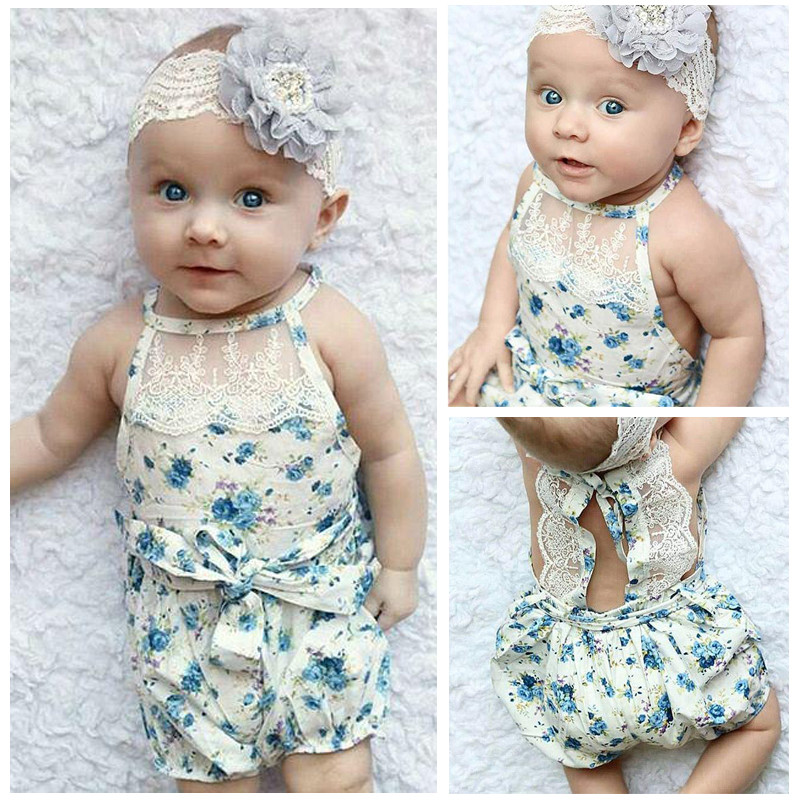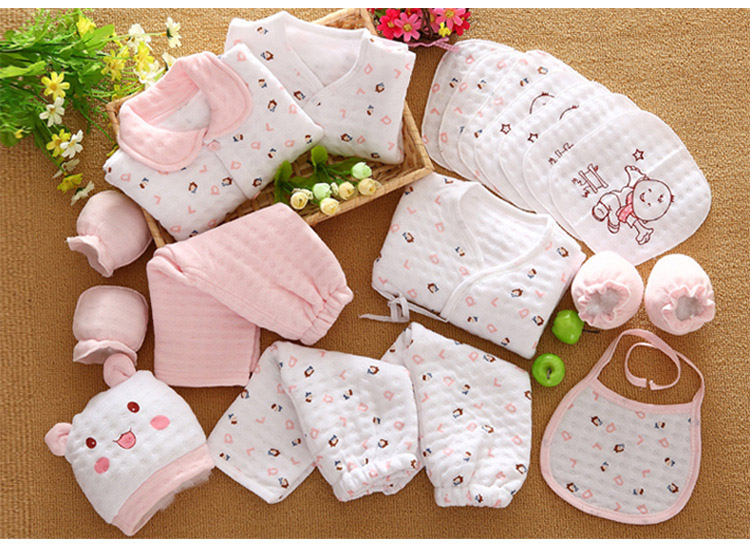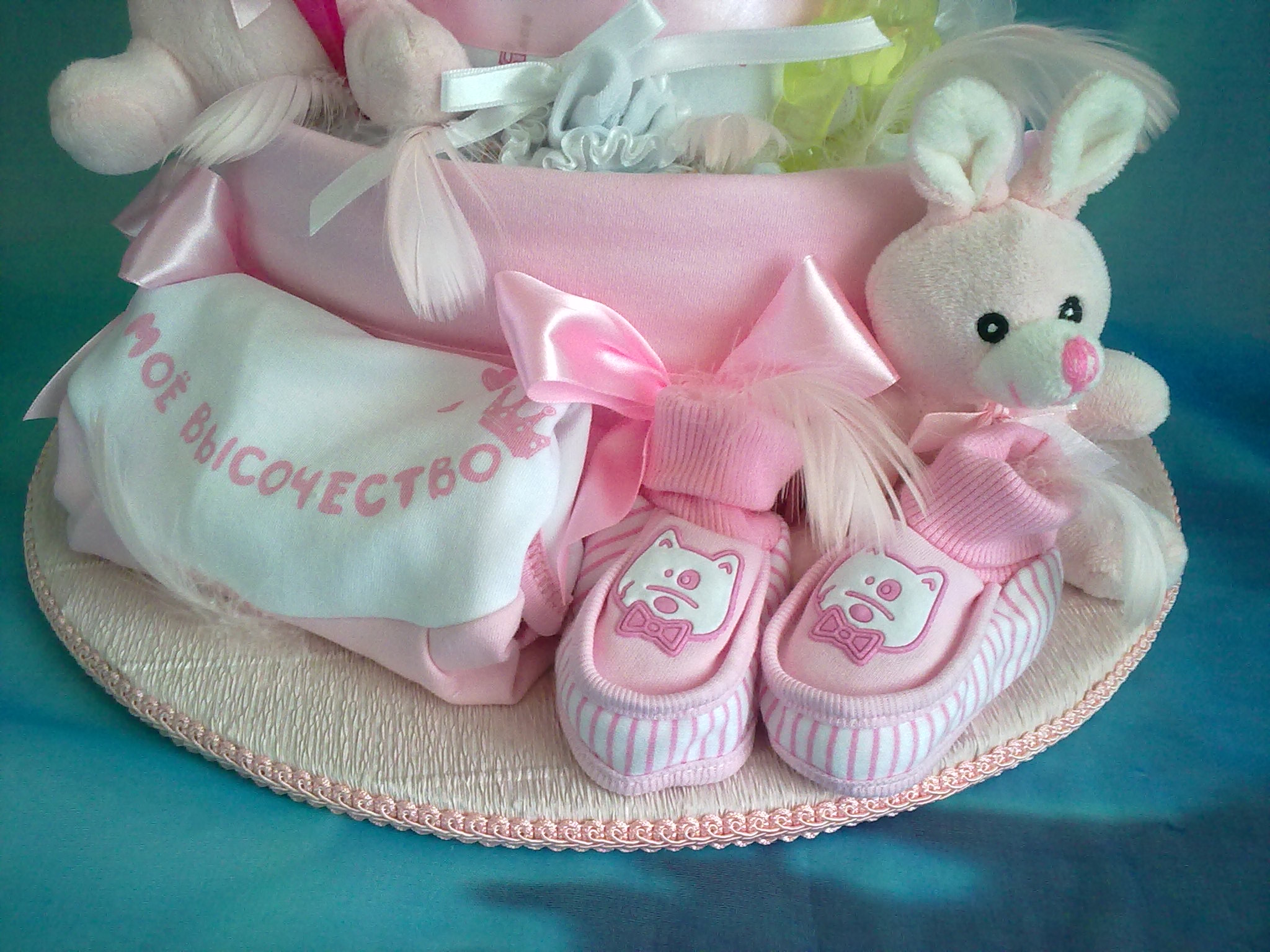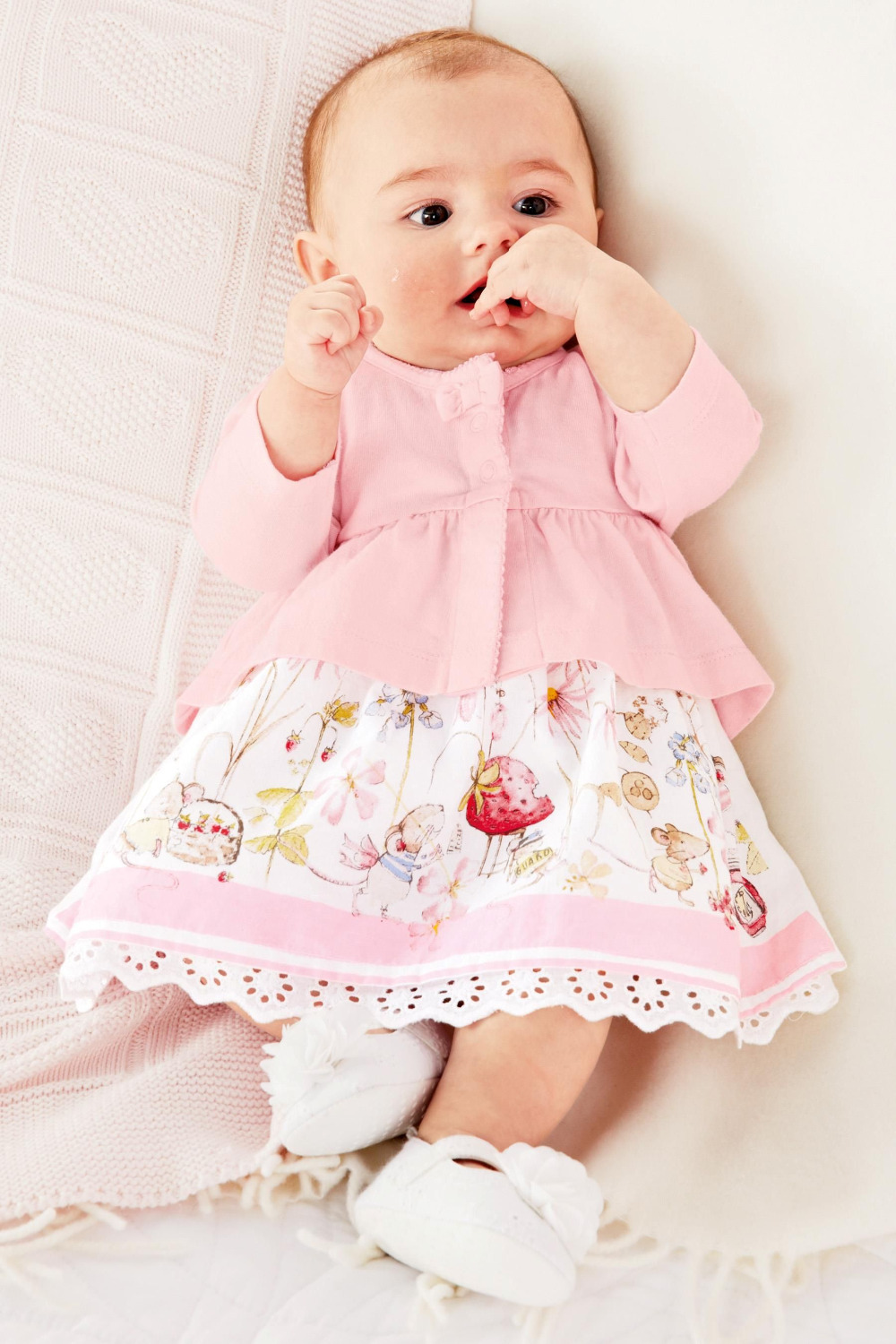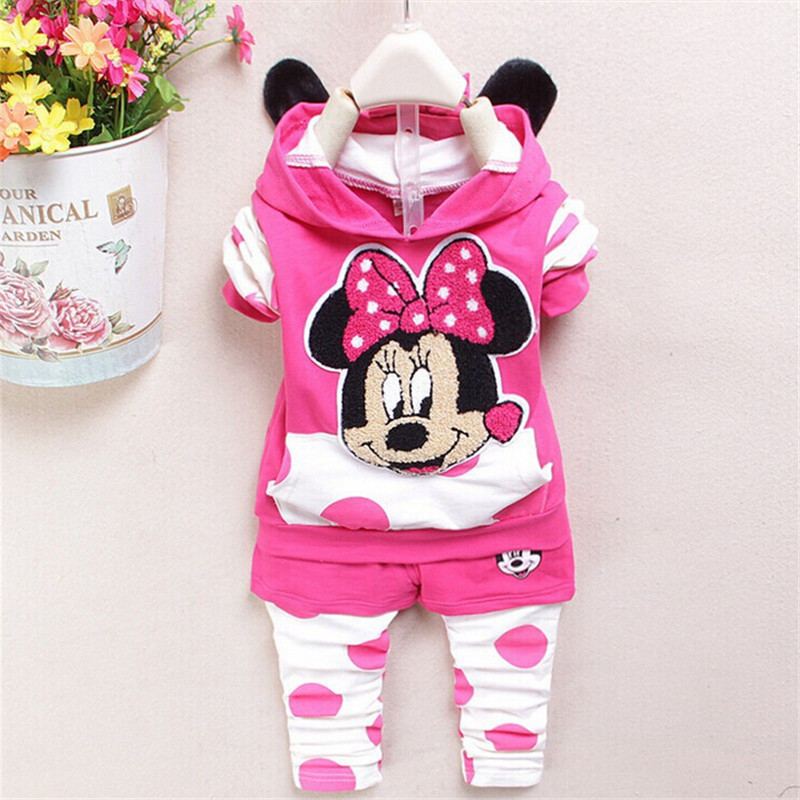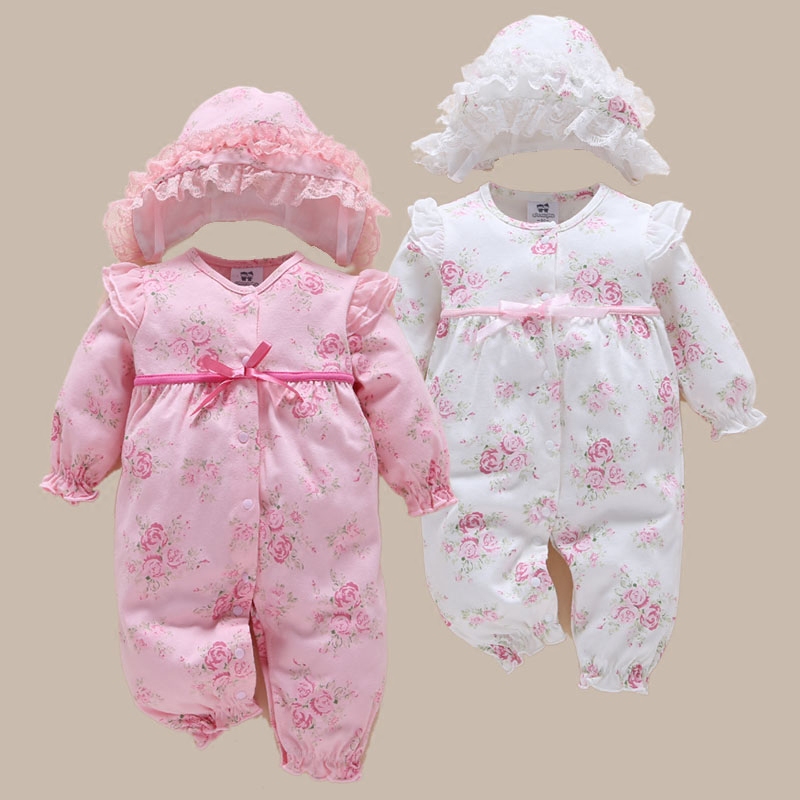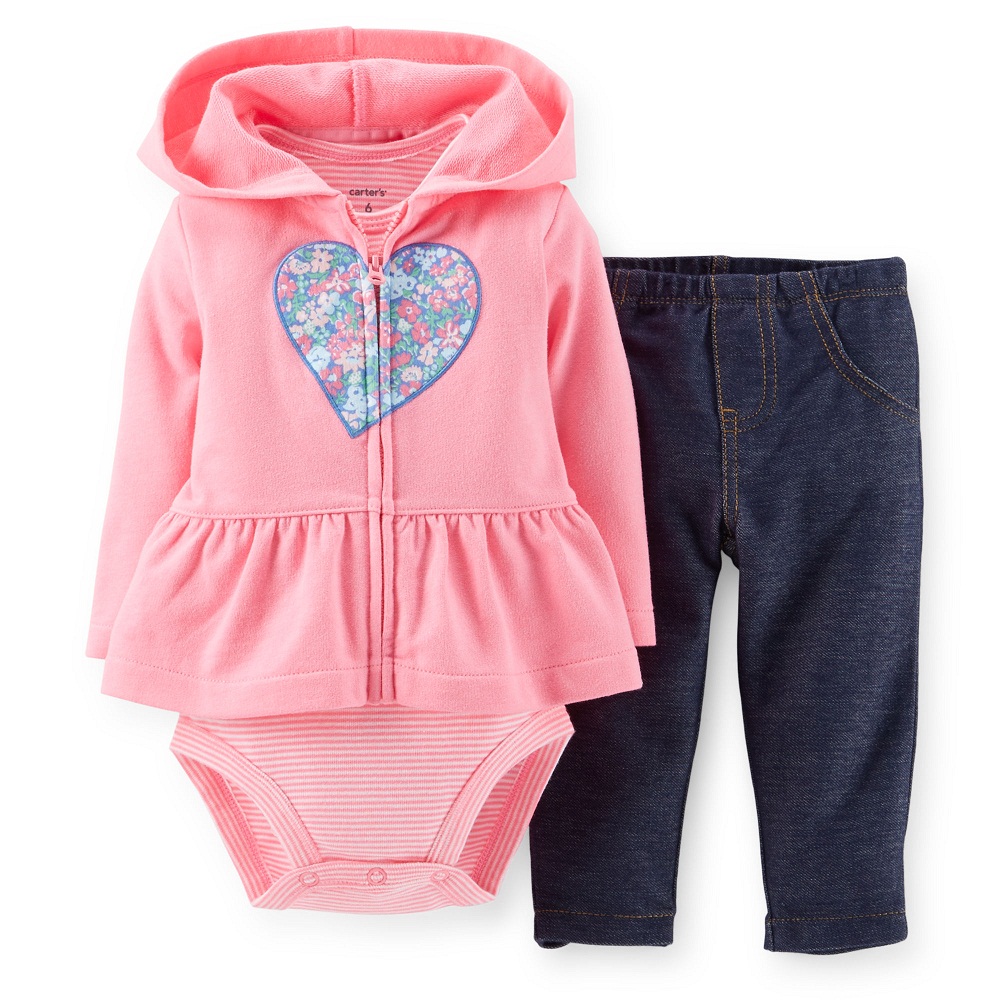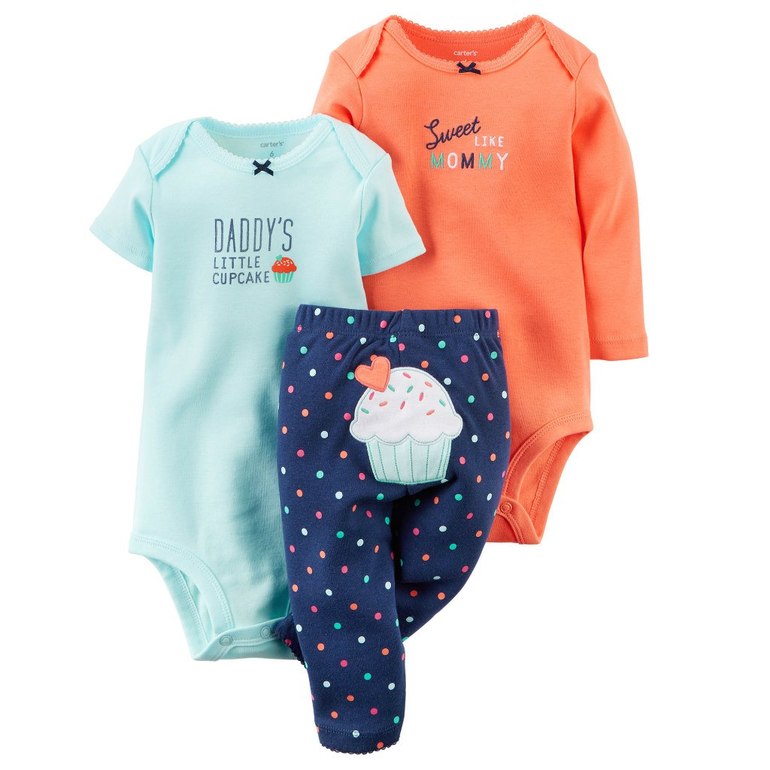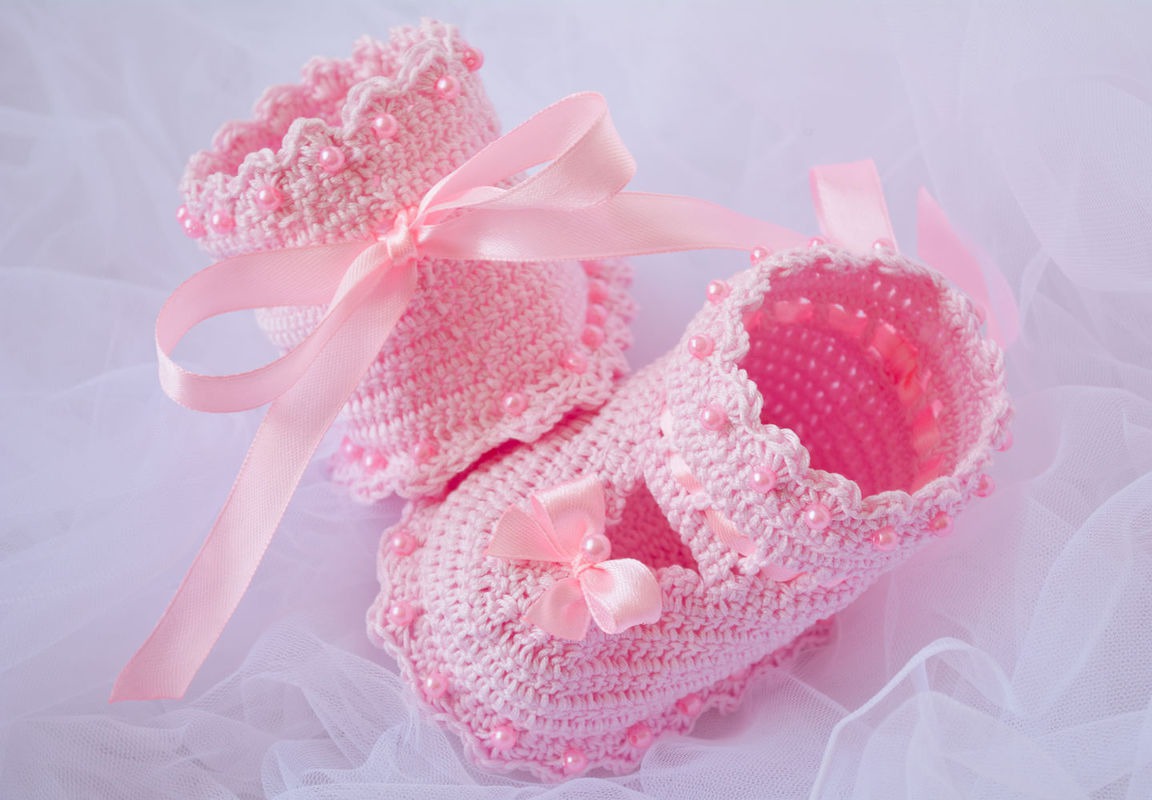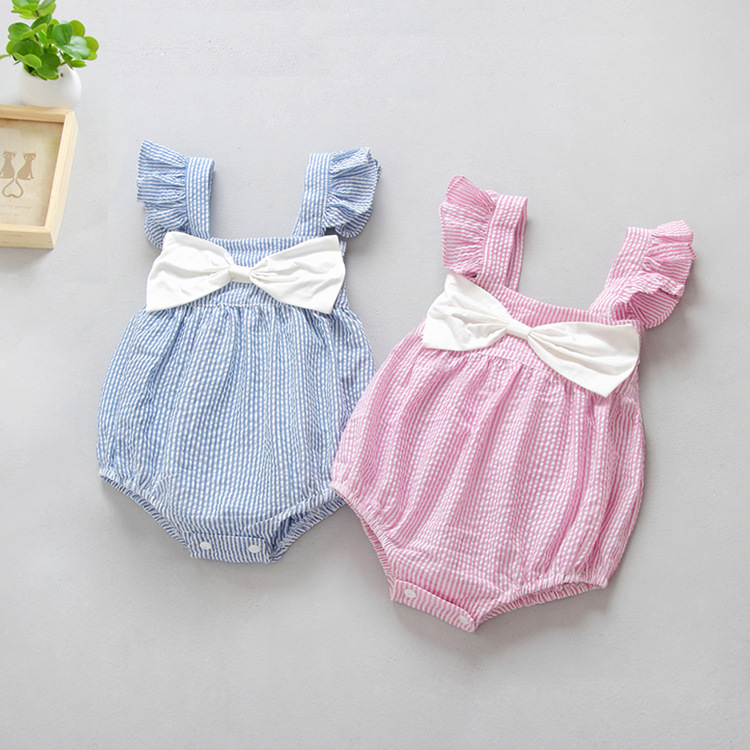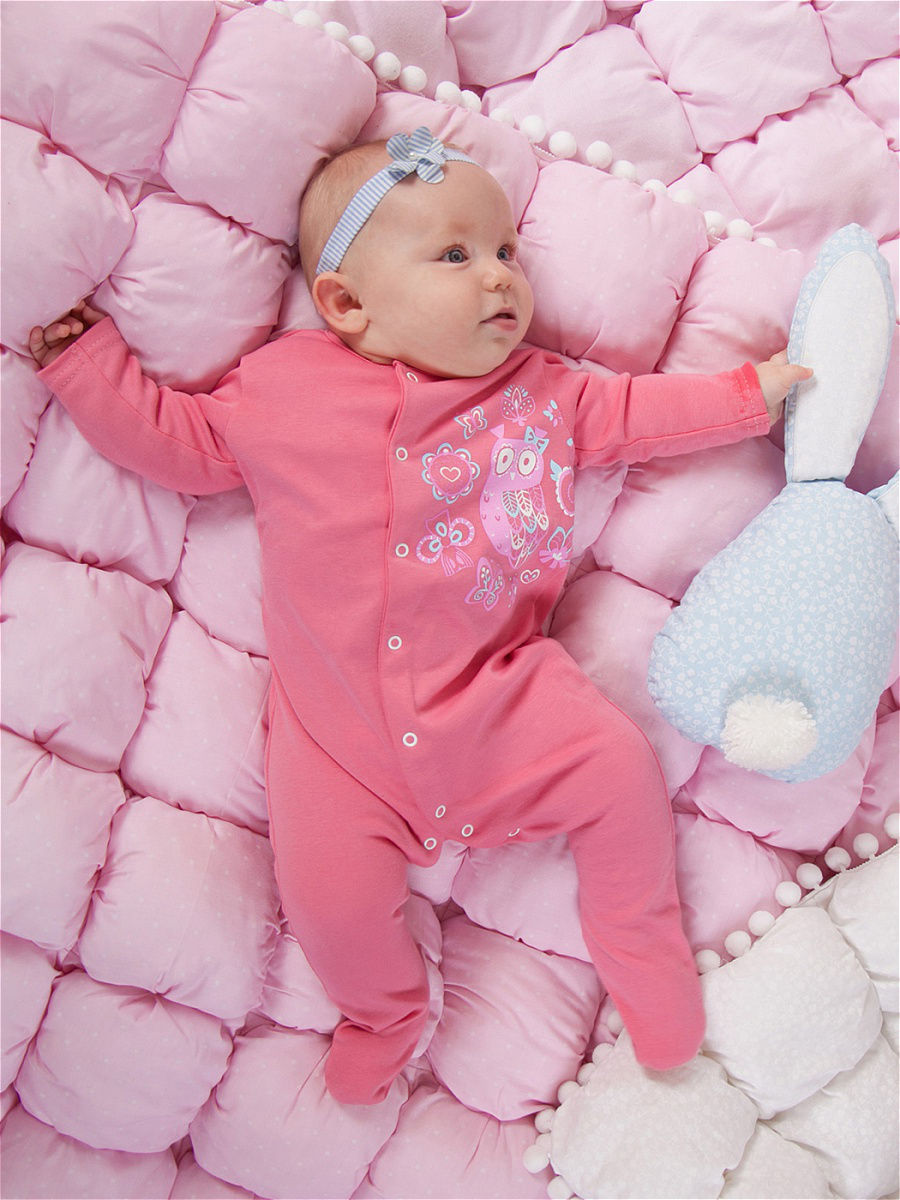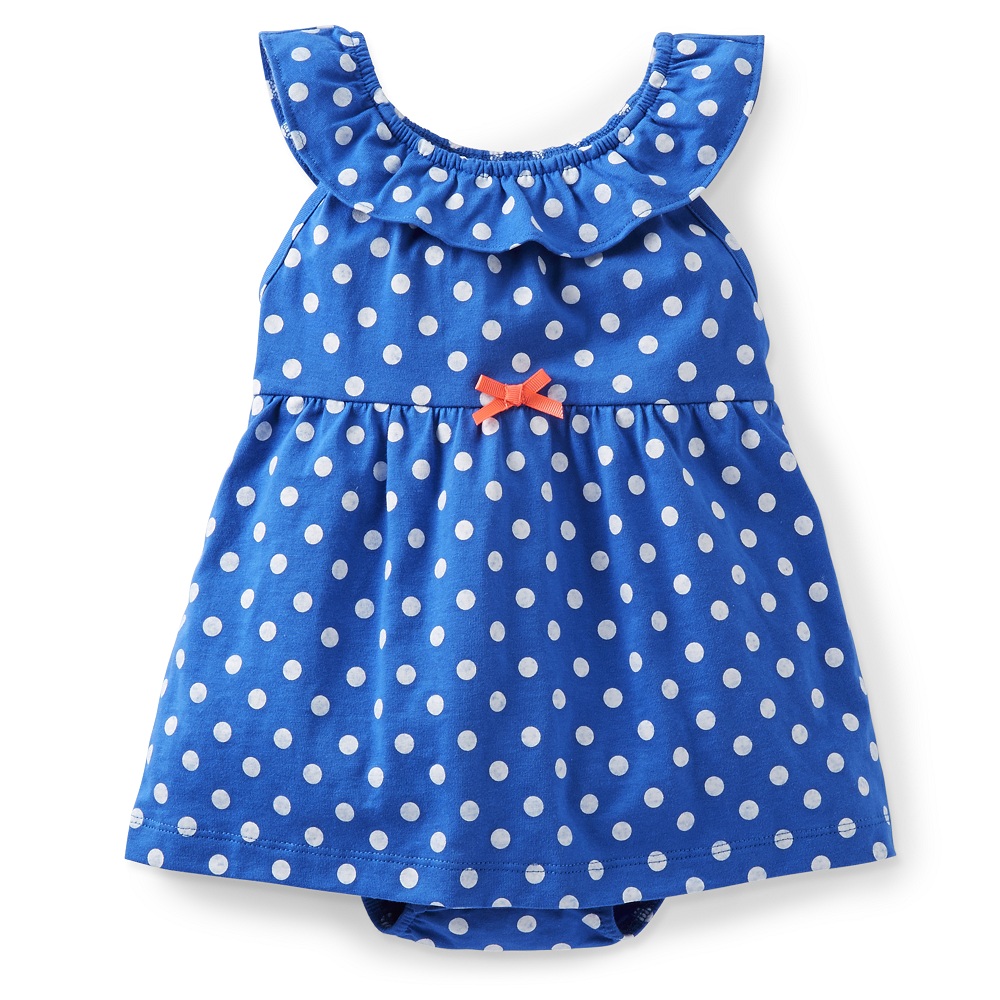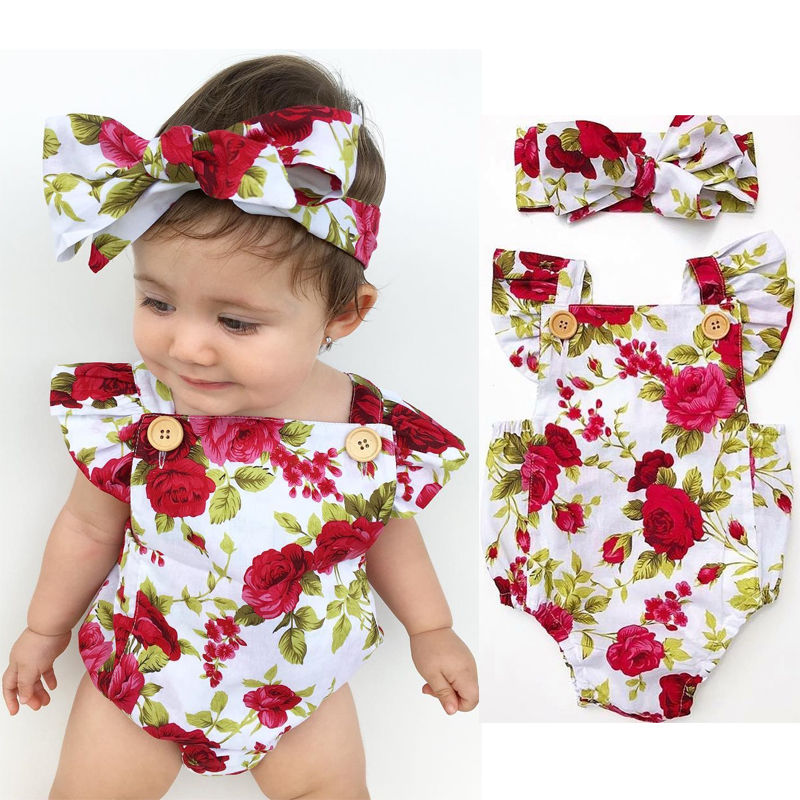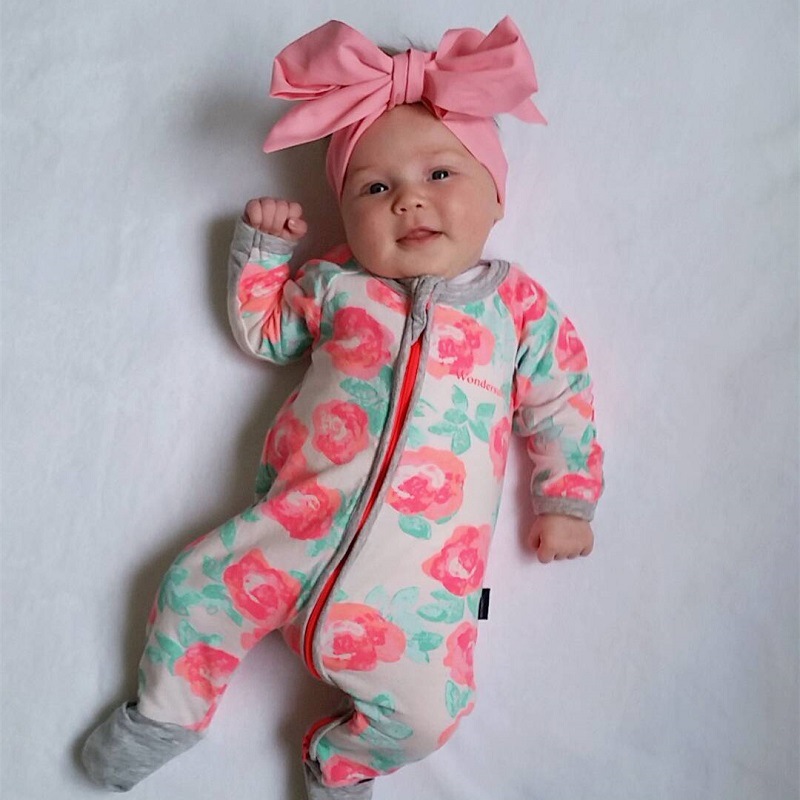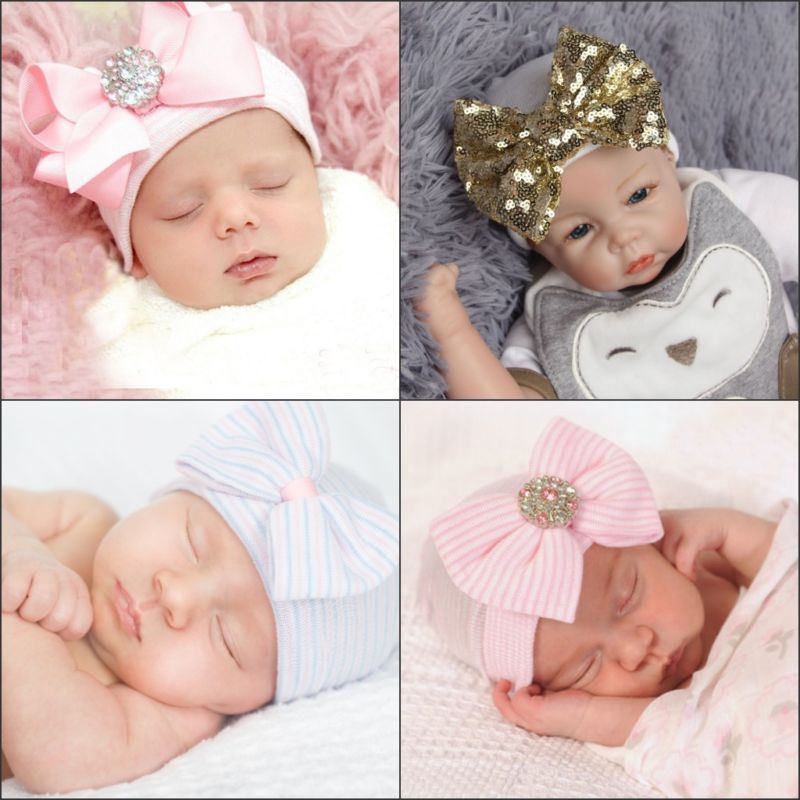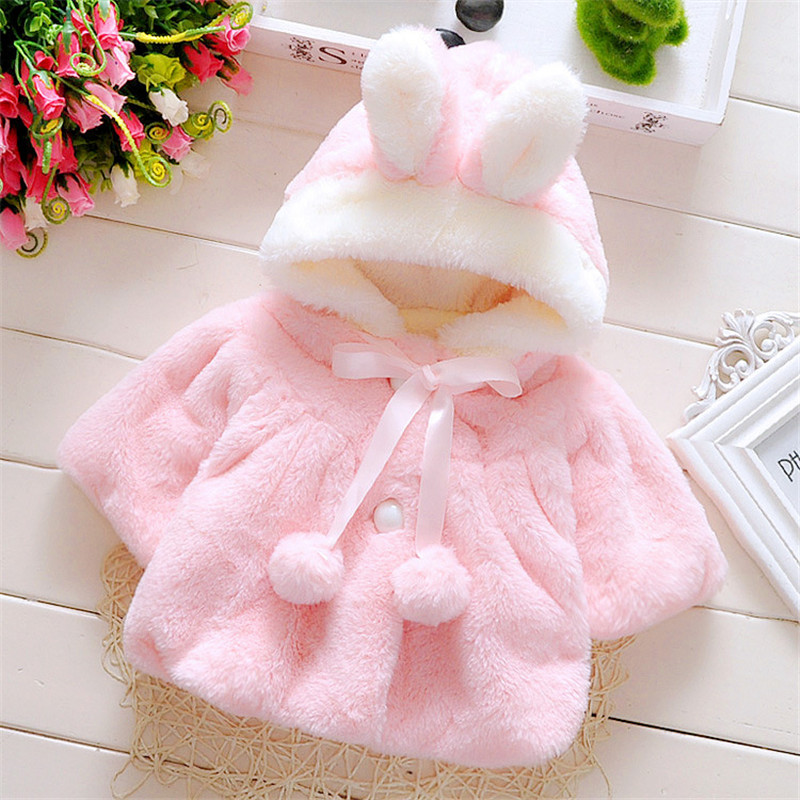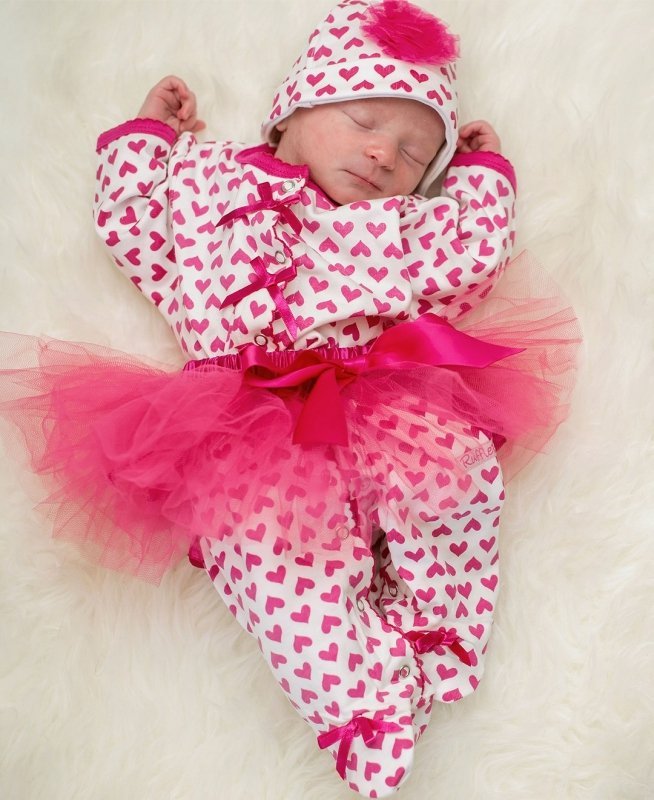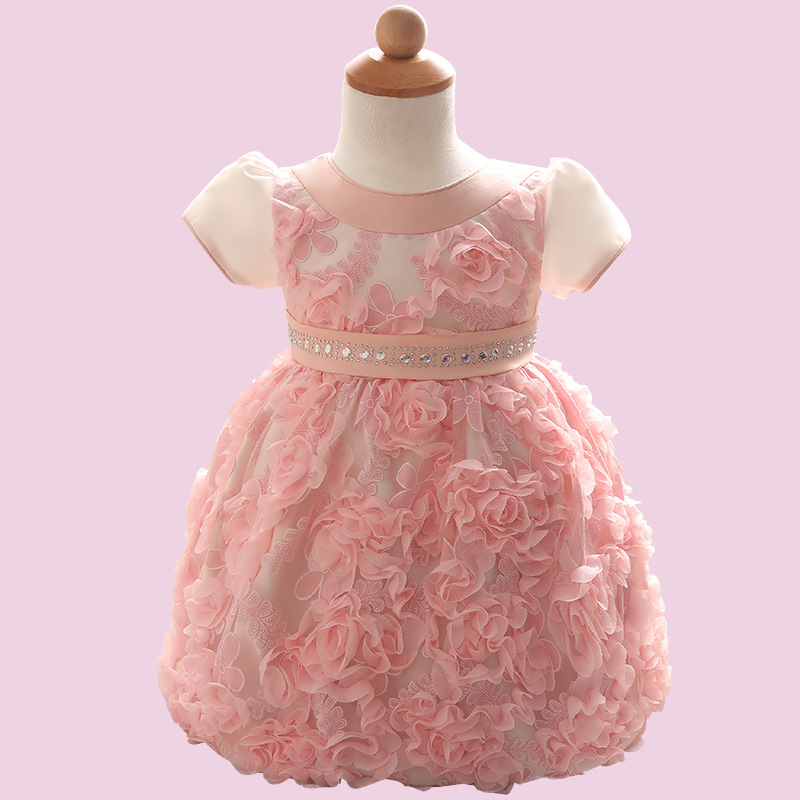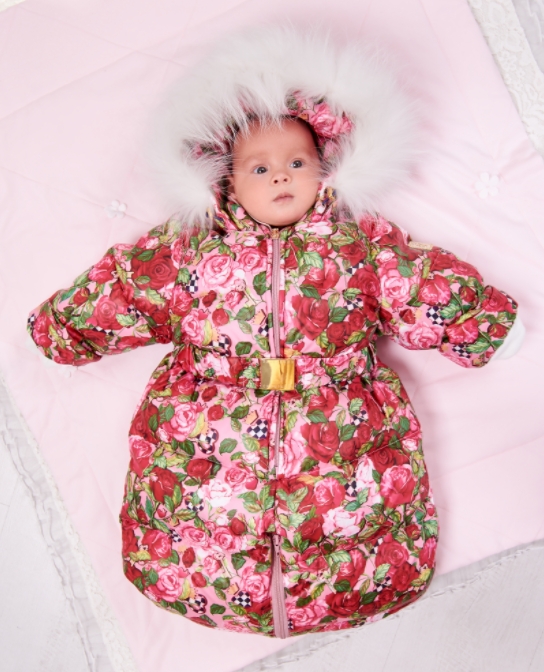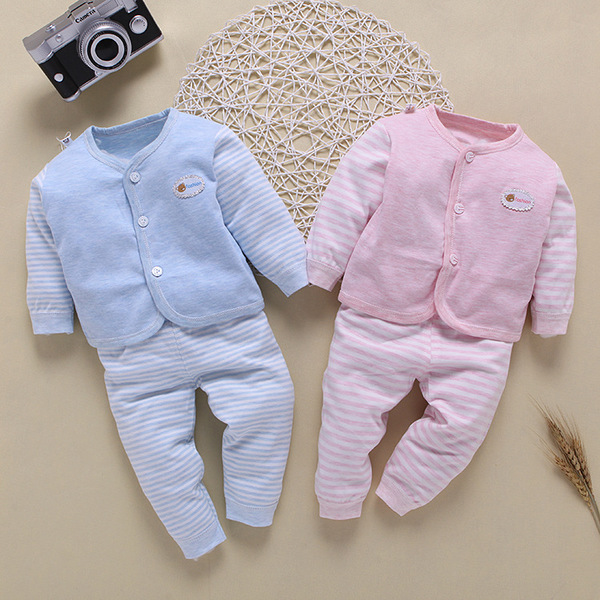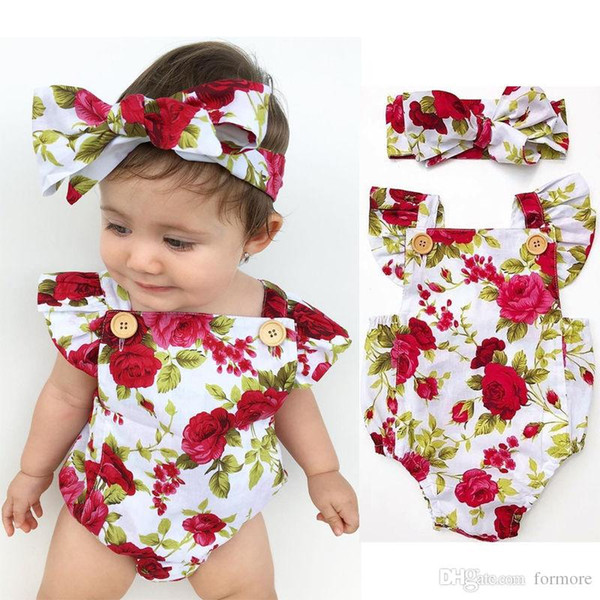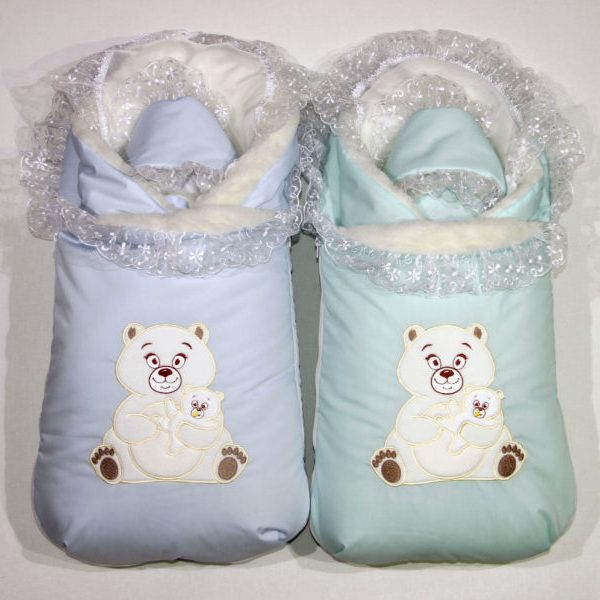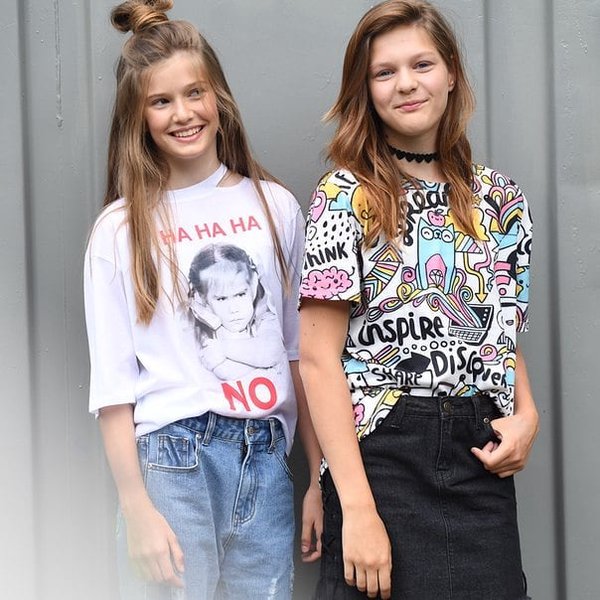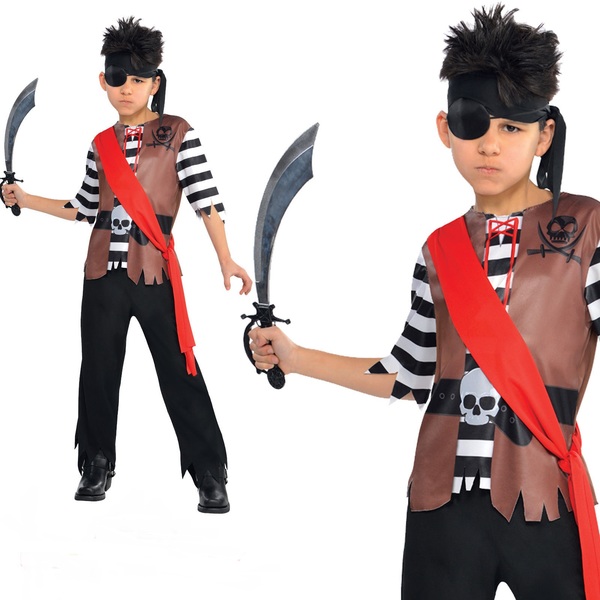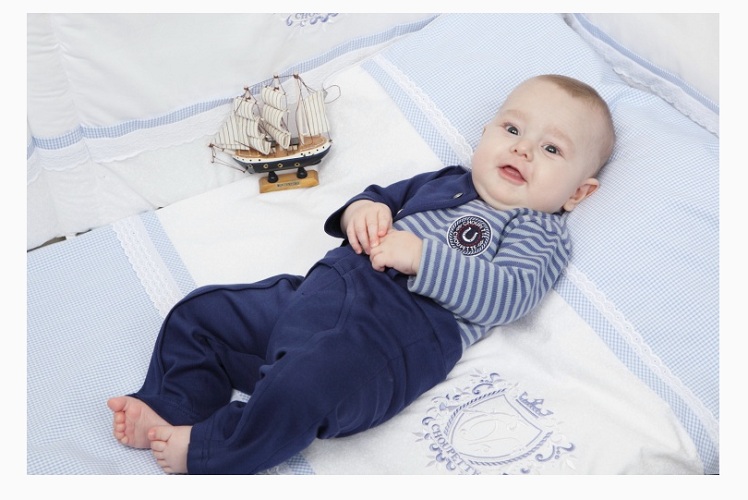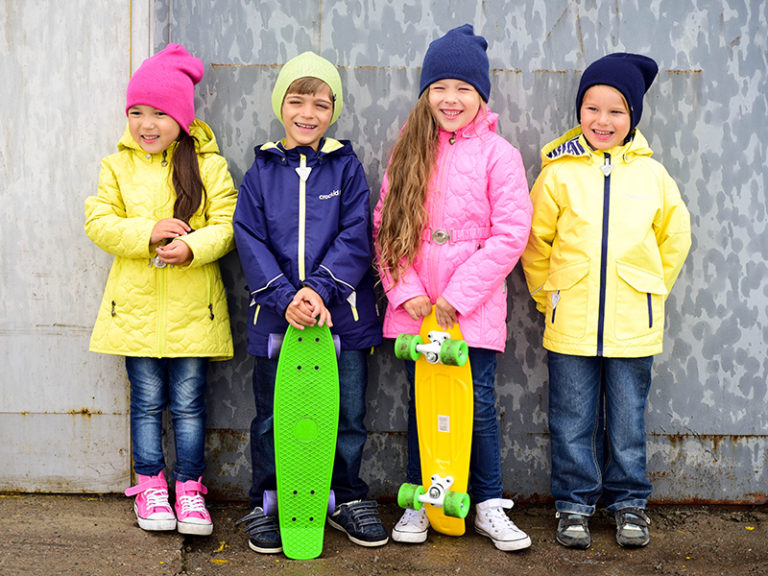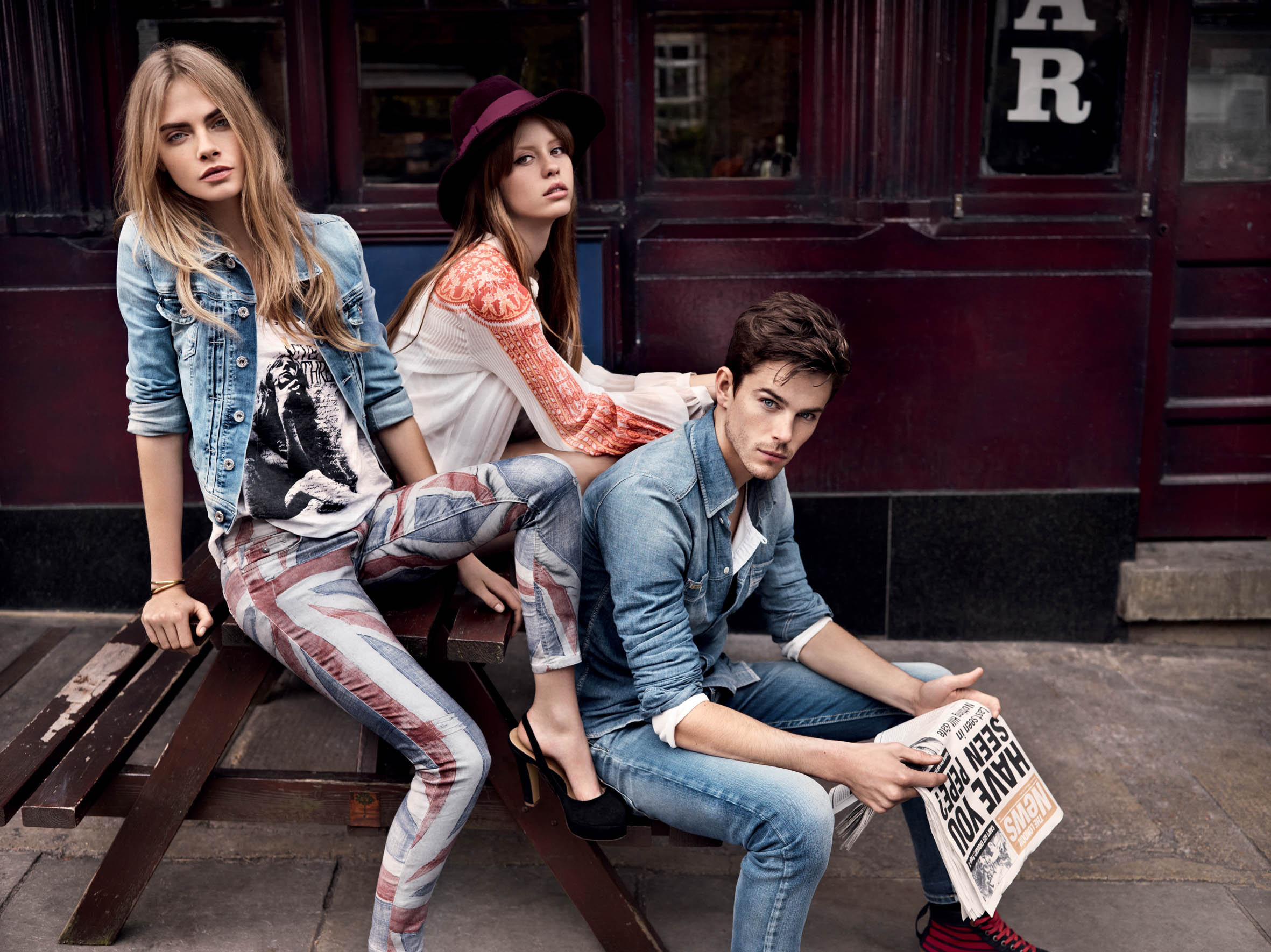In anticipation of the arrival of a baby in the family, parents try to foresee and prepare everything in advance. This also applies to things. Beautiful clothes for newborn girls attract with their cute appearance. But you should not buy a lot of things. The baby grows quickly and will not have time to wear everything.
List of necessary things
When a baby is born, it is better not to buy the entire wardrobe at once, as many things will be gifts from friends and relatives. Then you can conduct an "audit" and buy what you need. But given the fact that it is quite difficult to go shopping with a newborn baby, you will still have to buy a basic set of things.
What is required for discharge:
- 2 undershirts (thin and warm);
- 2 hats (thin and thick, knitted for winter);
- diaper;
- warm socks or rompers;
- 2 diapers (calico and flannel);
- envelope or blanket.
The list is suitable for the off-season, and for winter, insulated items with fleece are chosen, a blanket made of synthetic padding or wool. In summer, the number of layers is reduced, and items are chosen from lighter materials.
In order to determine in the future how to dress a child for a walk, you need to count how many layers of clothing the mother has on. The baby is dressed in one layer more.
The variety of clothes for newborns poses a difficult choice for parents: what to buy and in what quantities. First, you need to decide how often you will use diapers. If only at night and during walks, you will have to buy more clothes.
Clothes for the first months:
- warm diapers (3-5 pcs. if with diapers, 15-25 pcs. if without them);
- lightweight diapers (3-5 pcs with diapers, 15-20 pcs without them);
- cloth diapers made of soft cotton fabric (20-30 pcs);
- cotton undershirts, preferably knitted (3-4 pcs);
- insulated fleece or flannel sweaters (2-3 pcs);
- warm rompers 3-5 pcs under diapers, if without them, then up to 20 pcs;
- warm and thin socks, booties (6-10 pairs);
- cotton, flannel or knitted hats (3-4 pcs);
- for babies' hands - scratch mittens (1-2 pcs);
- bodysuits with short or long sleeves for diapers (3-4 pcs);
- sleepsuit, preferably one that can be completely unbuttoned in the front (2-3 pieces);
- outerwear with a warm hat according to the season.
The list may change, it all depends on the season, the child's activity, and the parents' preferences.
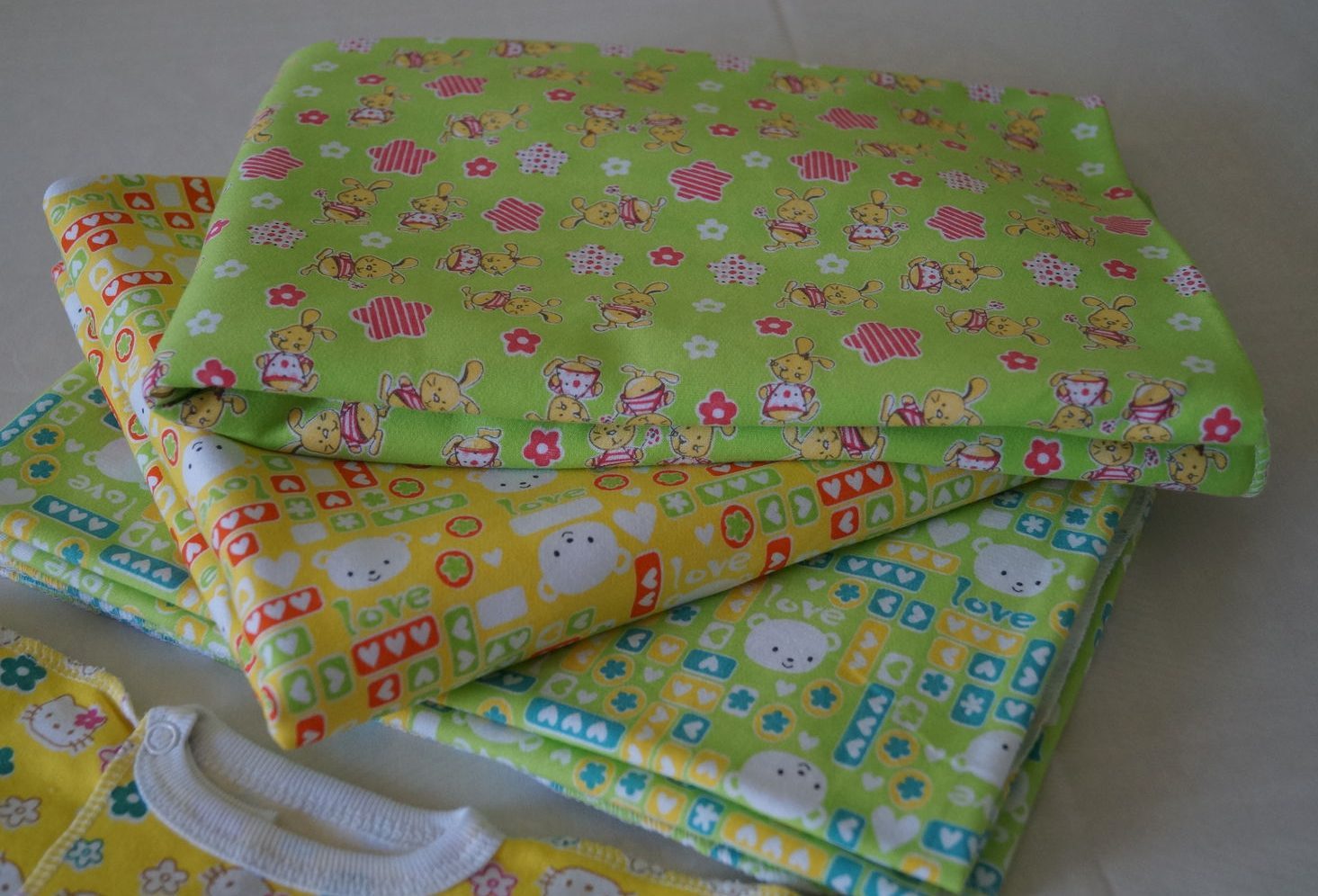
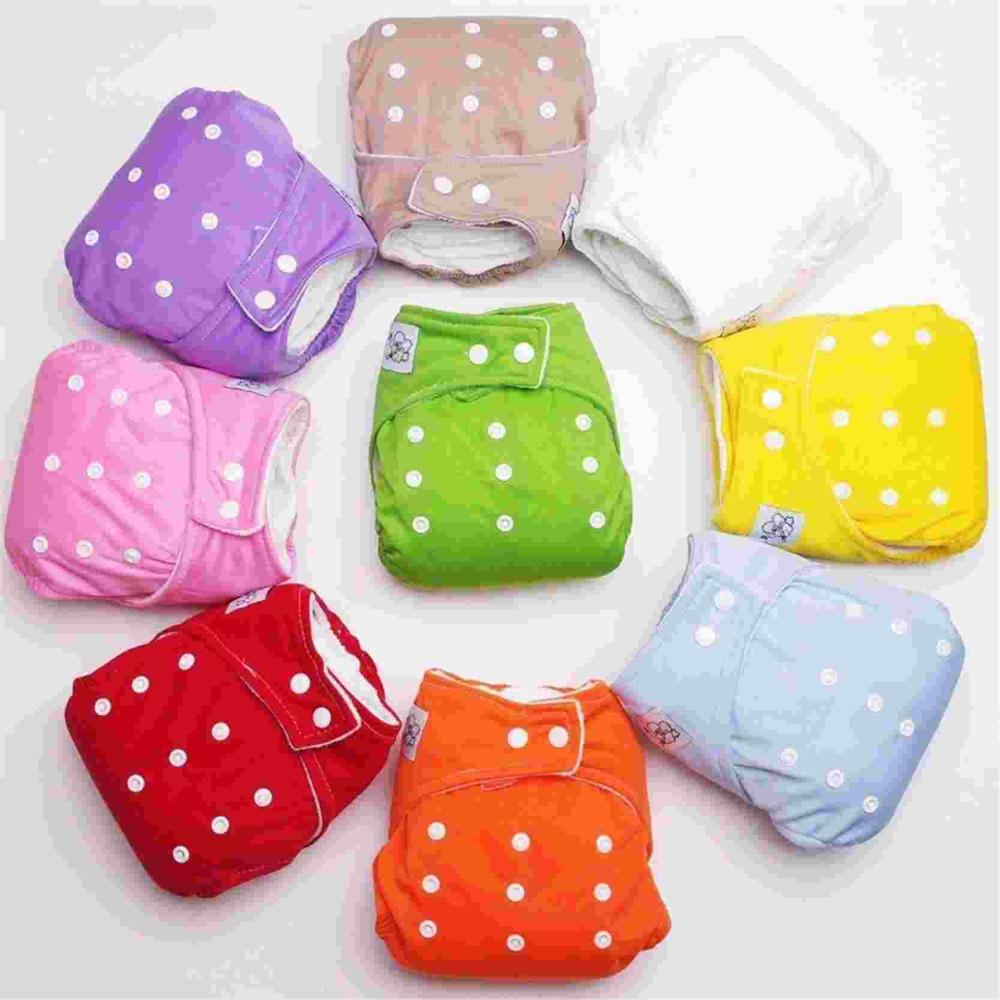
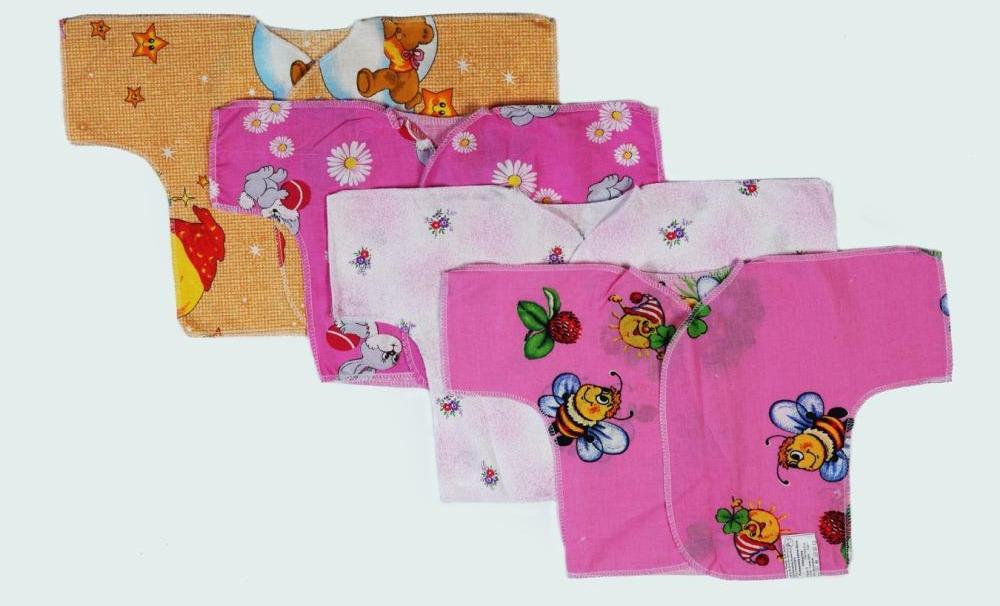
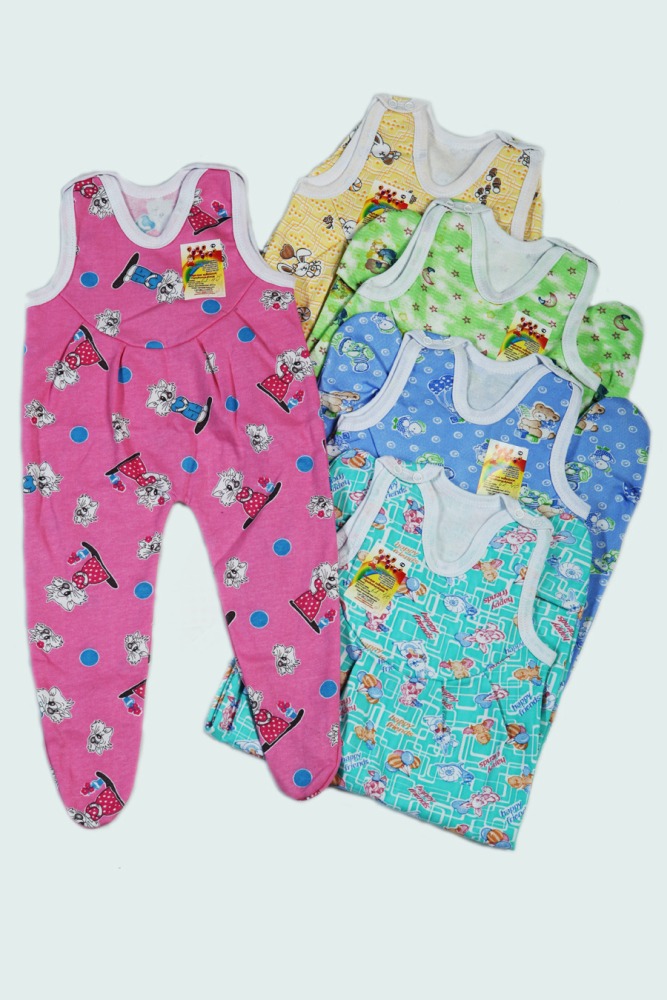
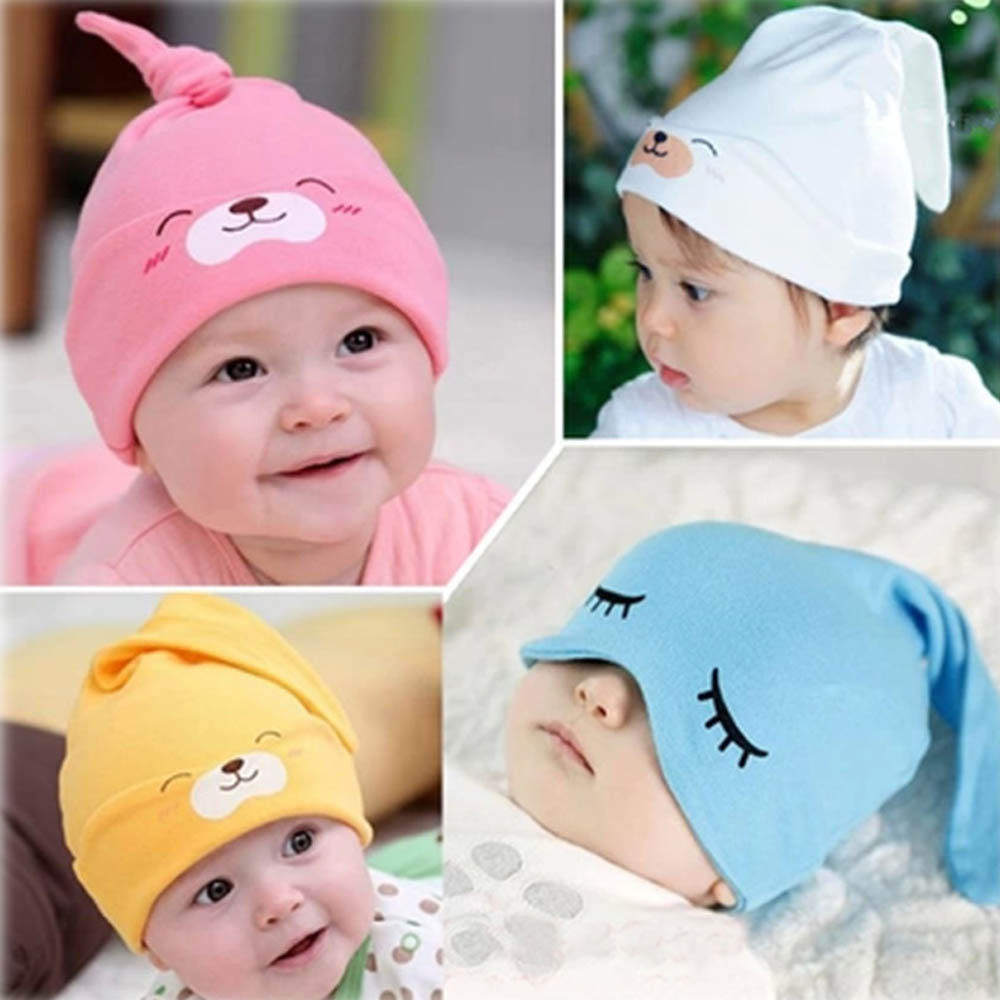
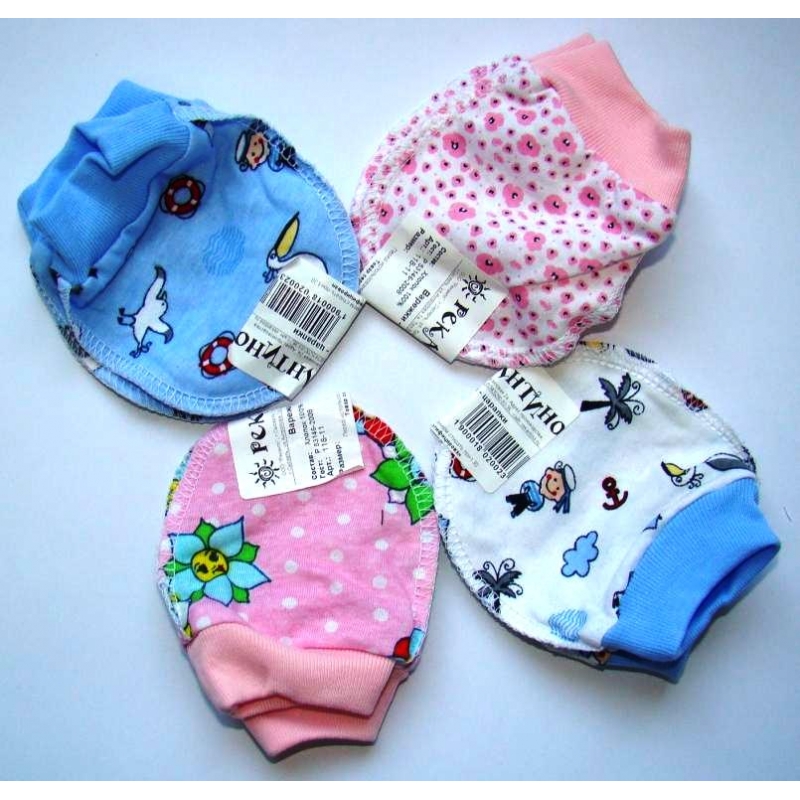
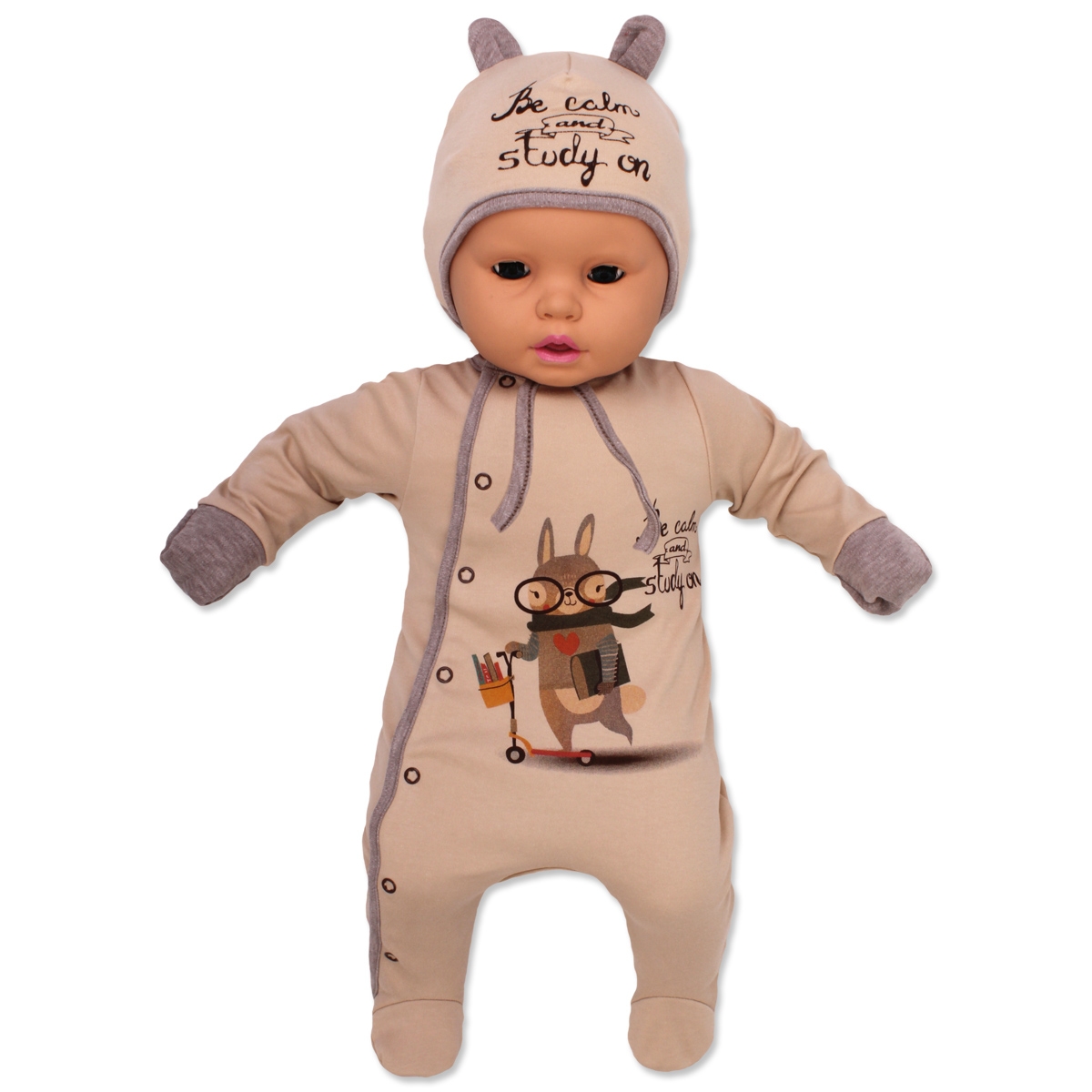
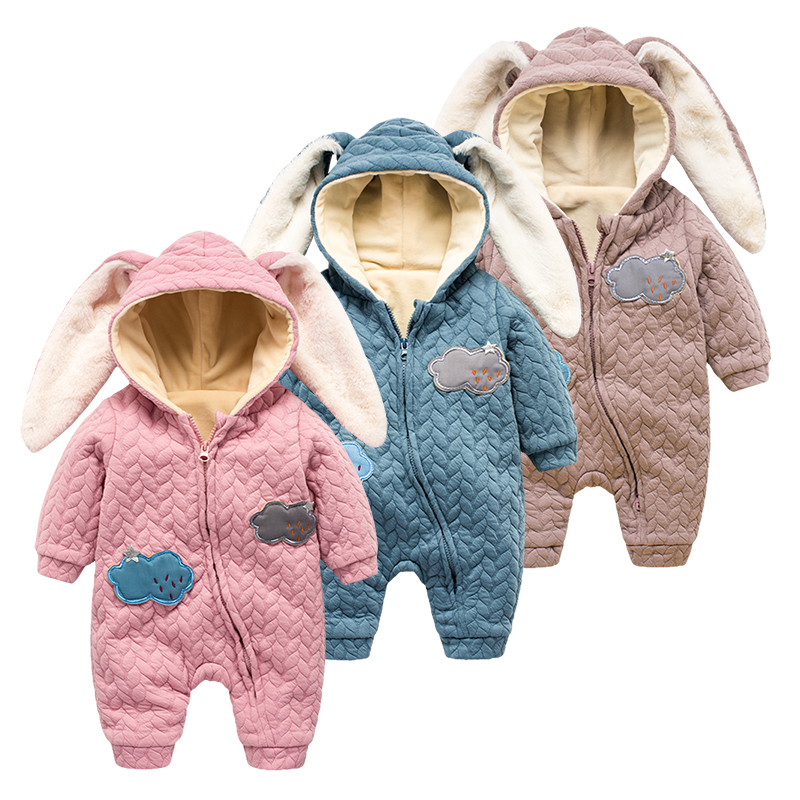
For the winter
In winter, children's clothing protects from frost. How warm and comfortable the child will be depends on the filler and its thickness, the quality of the outer fabric, the cut, the outside temperature, and the time of the walk.
Outerwear
Clothes for newborns are made in the form of a jumpsuit or envelope, it is better to choose models with a tightening hood and two locks. For the little ones, an envelope is more convenient (warmer for the legs, no need to pull up pants), but the jumpsuit lasts longer. The main thing is that the sleeves and legs are closed. Basic requirements:
- The choice depends on the temperature in the region. If the frost reaches -35⁰C, then buy outerwear made of wool and natural down, at temperatures up to -15⁰C use artificial filler (synthetic padding, shelter);
- Seams should be well finished, double stitched for strength;
- The top fabric should be water- and dirt-repellent;
- When buying, focus on the length of the legs or the bottom of the envelope; the sleeves are often long, so they have to be folded over.
Cap
For the little ones, if it is cool in the room, you can choose a thin flannel or knitted hat. Knitted ones are more comfortable, they sit better on the head. For a walk, put on a thick woolen hat over a thin one. For older children, deep helmet-shaped hats with ties will come in handy, they cover the ears well. The bottom lining should be cotton, because fleece makes the head sweat.
Blanket, blanket
Convenient both at home and on a walk. Thick ones made of wool or synthetic padding can replace a sleeping bag at first, especially suitable for discharge in winter. Then the child will be covered with them while sleeping in the crib. Thin ones made of fleece or flannel can be used to additionally wrap the girl up while sleeping, if it is cold at home or outside.
Festive clothing
In addition to the obligatory winter clothes, New Year's costumes are purchased for girls on the eve of the holiday. This can be not only a festive, but also an everyday thing with New Year's prints. Before putting it on babies, new New Year's clothes should be washed and ironed. The cute look of the baby will create a festive mood for the whole family.
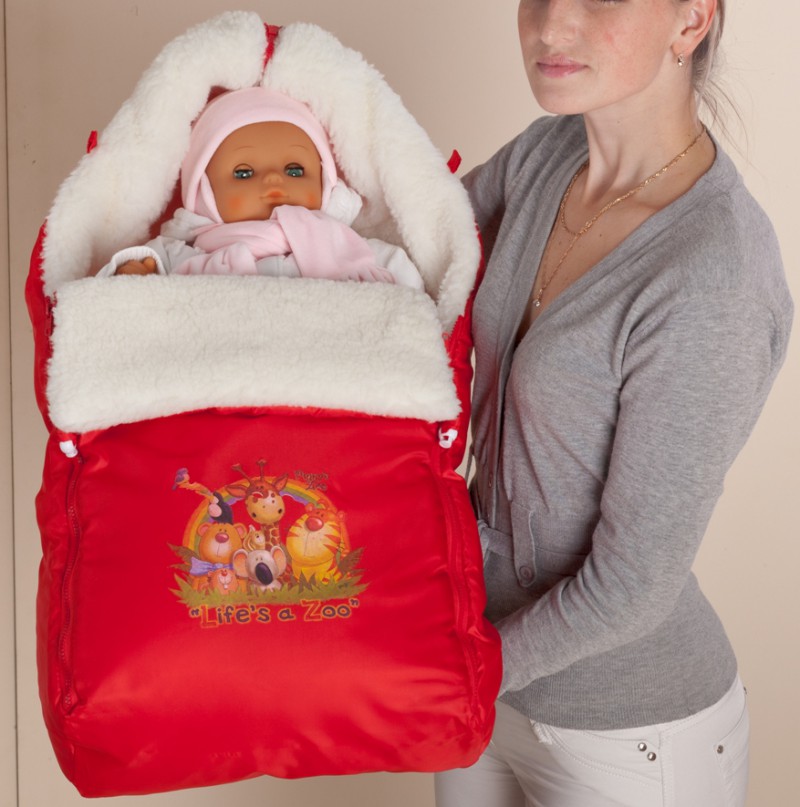
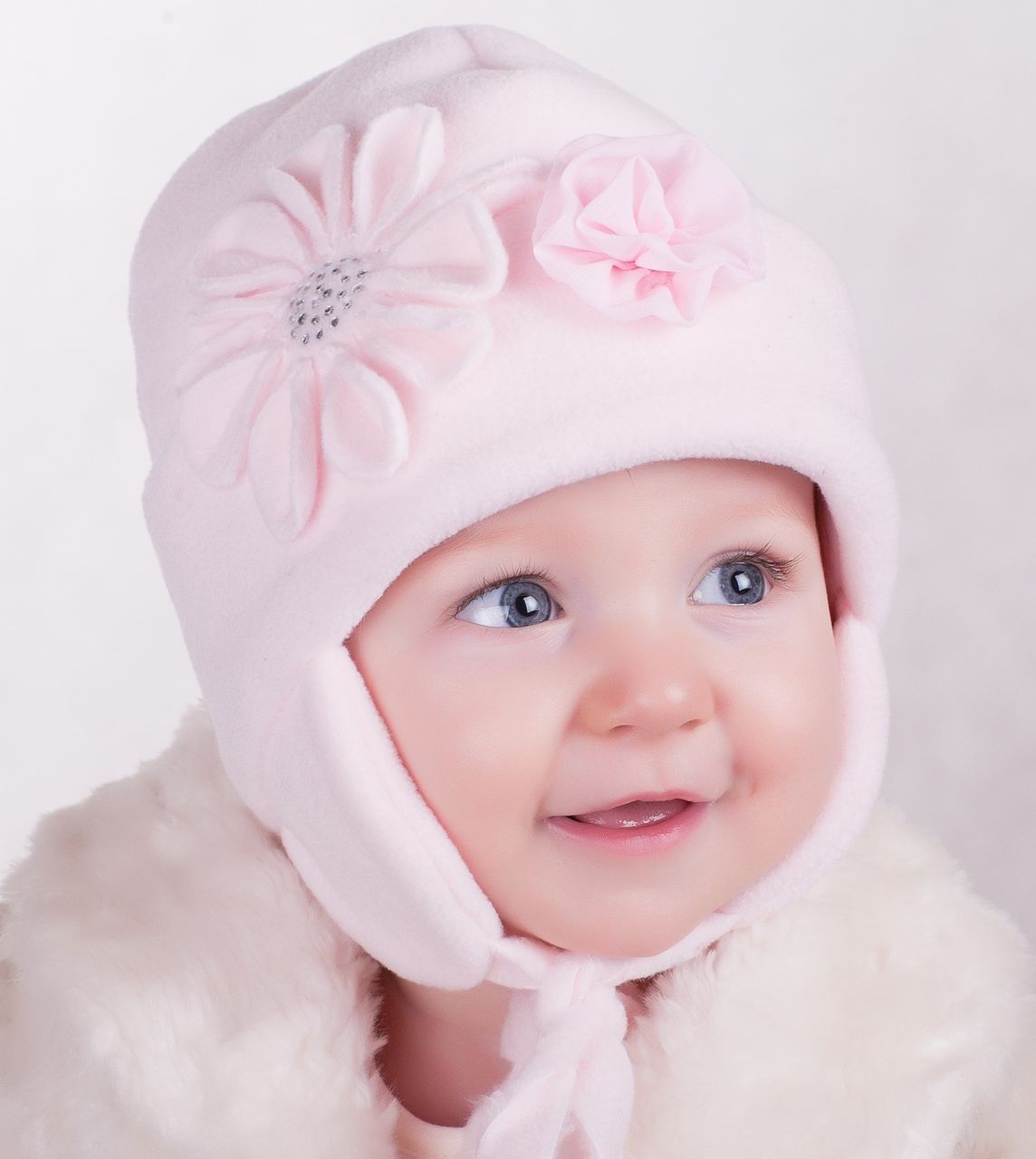
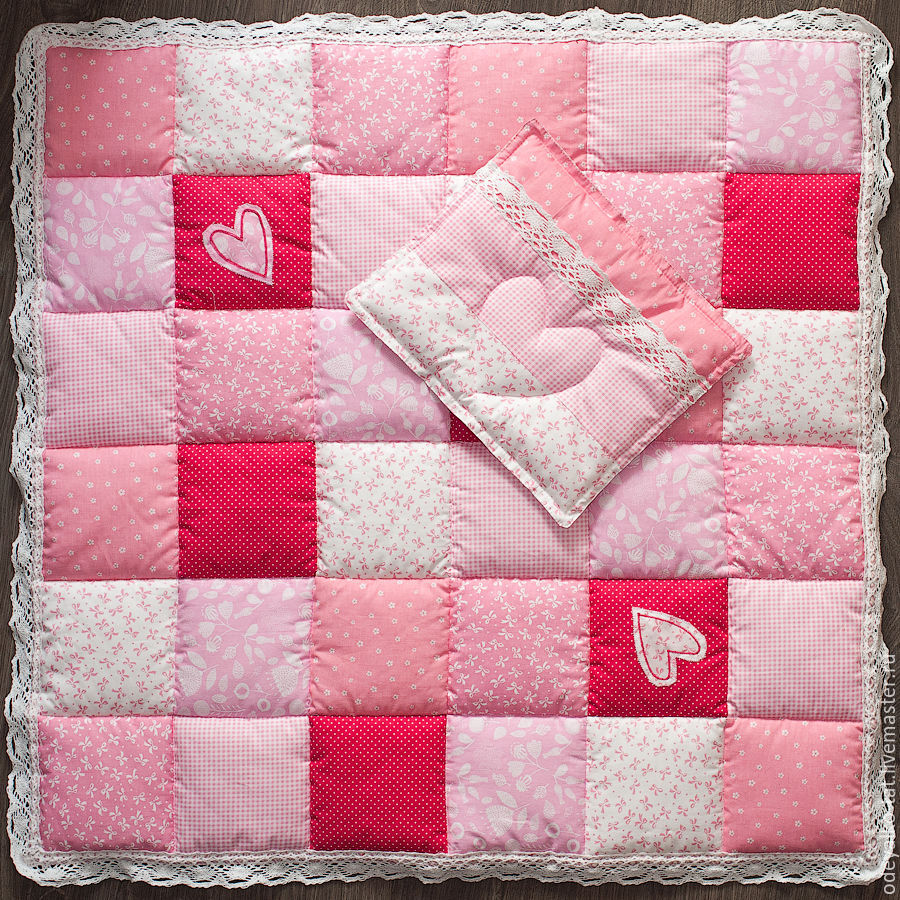
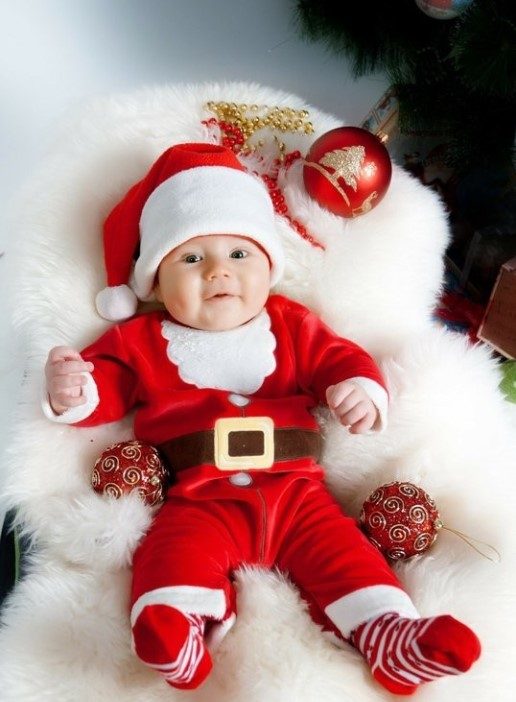
For the summer
In summer, little princesses are dressed in light dresses of delicate shades with children's or floral patterns, flounces and ruffles. On particularly hot days, sundresses are suitable. The main thing is that the clothes are easy to take off and put on. It is better if the fasteners are located on the shoulders or in front. More practical are rompers - light overalls with buttons at the bottom for changing diapers. Since the weather can be cool, summer clothes should be insulated (rompers, fleece overalls or woolen suits with socks or booties).
Don't forget about headwear. A thin cap, kerchief or panama hat is a must. To avoid overheating, it is better to choose cotton items. And in general, in summer, clothes made of chintz, linen, and cambric are preferable.
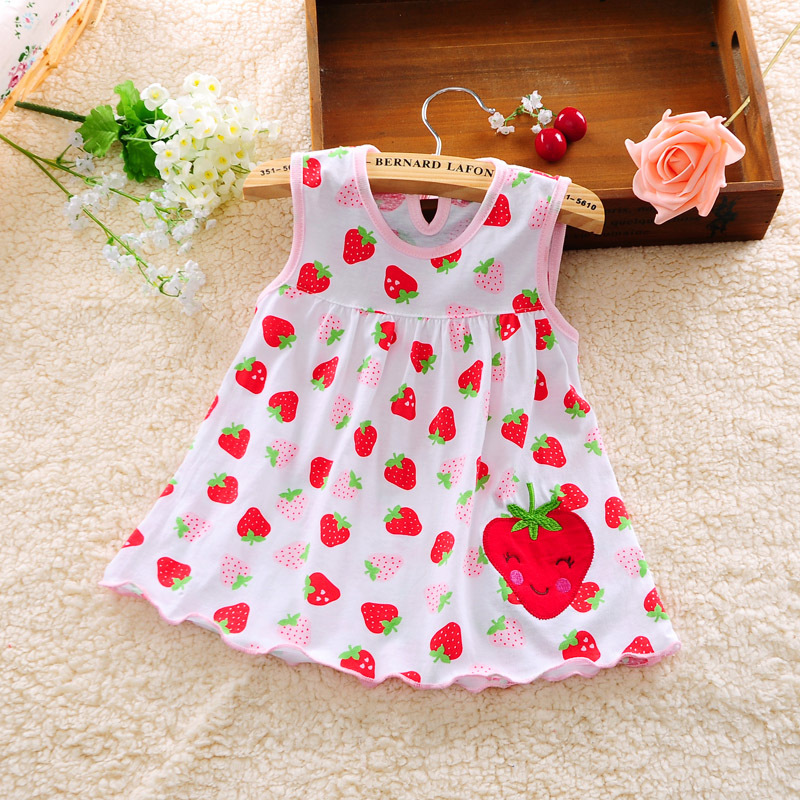
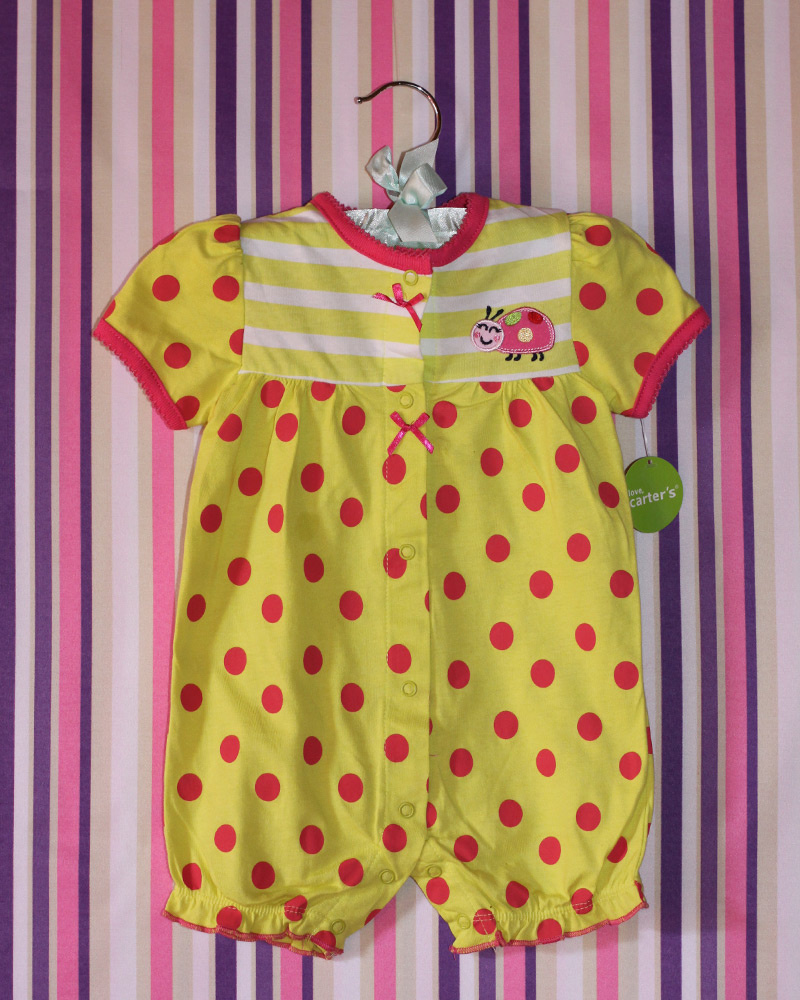
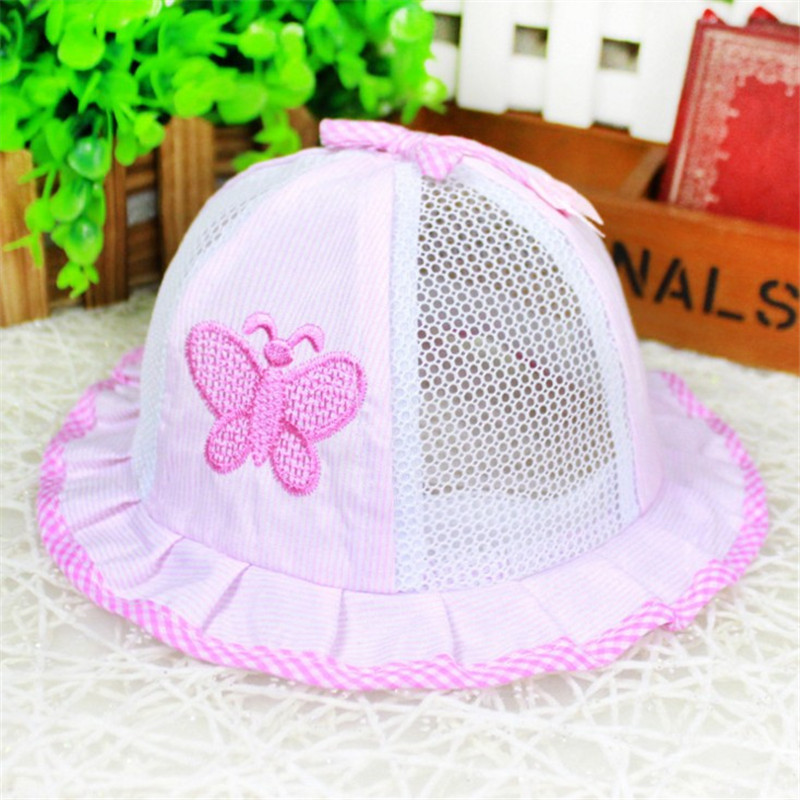
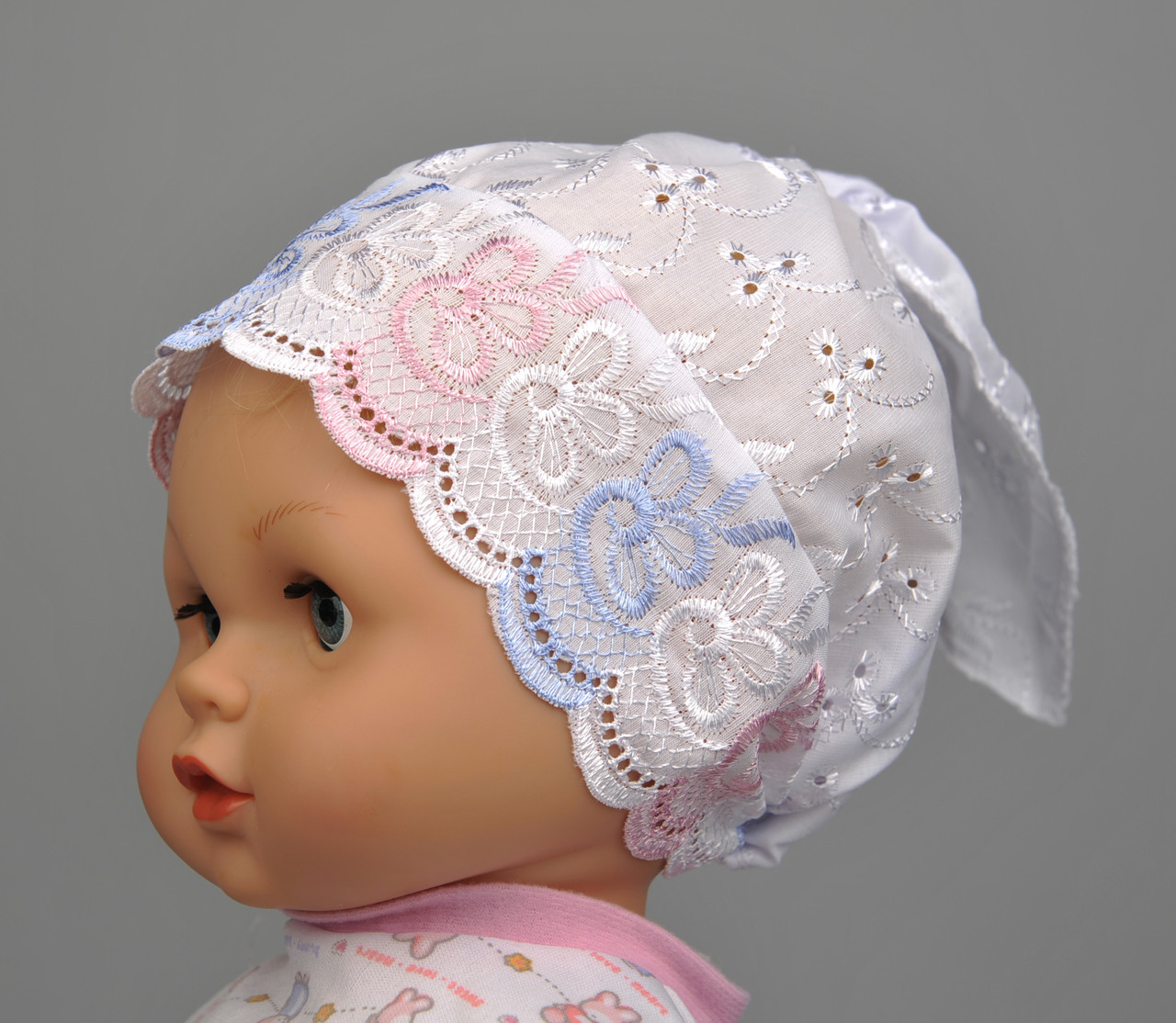
Main selection criteria
Increased demands on clothing for newborns are associated with the still poorly developed musculoskeletal system and thermoregulation of the body. Accordingly, outfits must be comfortable and safe for health.
Material
Parents' ignorance of how to dress their baby and the desire to wrap her up so that she doesn't freeze leads to overheating and diaper rash. That's why fabrics should be natural, allow the skin to breathe and not become electrified. Cotton materials are suitable for this - chintz, cotton, jersey. Dense fabrics are convenient: jersey, terry, flannel. They are used to sew diapers, rompers, bodysuits, sleepsuits. The disadvantage is that natural fabrics take a long time to dry and wrinkle. In hot summer, clothes made of cambric, chintz, calico are suitable. For winter - woolen or semi-woolen products. Before buying, check them for softness. Do not forget that wool shrinks with washing.
Color
For the first months of life, gentle, pastel shades without bright inserts and an abundance of patterns are suitable. The less dye in the fabric, the less the item will fade and the easier it is to wash. And so that the clothes for a newborn girl are also fashionable, buy outfits in a set in one color scheme. For babies, suits in pink shades often prevail, but in general the color of the clothes can be varied.
Cut
Cute girlish outfits with ruffles, flowers, bows attract future or young parents. Festive beautiful clothes for newborns, like everyday clothes, should be spacious, easy to put on and take off. Outfits that touch the body must have seams on the outside, so as not to cause redness on the skin. Especially since they are now beautifully processed. Any decor in the form of embroidery or applique should not irritate the child (check the back of the product).
The most comfortable models unfasten at the chest or legs. It is not advisable to put clothes on over the head, as this will cause discomfort to the child.
In the same way, blouses with fasteners or ties on the back are not used. The ideal option is buttons, small, easy to fasten. They can be located both on the chest and on the shoulder. Velcro is also convenient to put on, the main thing is that they do not touch the skin.
Size
Clothes should be spacious so that it is easier to put them on. It is better to buy a thing a size larger - the child grows quickly, small sizes are not practical. The size range for babies starts with size 50, which is suitable from birth and for 2-3 weeks, so you should not buy it. Clothes of size 56-62 will be worn until 3-6 months. True, there are undersized items. In any case, the growth of a newborn is individual and you need to proceed from the build of your baby.
| Age | Height (cm) | Weight (kg) | Clothing size |
| newborn | 50-57 | 3-3.5 | 50-56 |
| 3 months | 58-62 | 5-5.5 | 56-62 |
| 6 months | 63-68 | 7-8 | 62-68 |
| 9 months | 69-74 | 8-9 | 68-74 |
| 12 months | 75-80 | 9-11 | 74-80 |
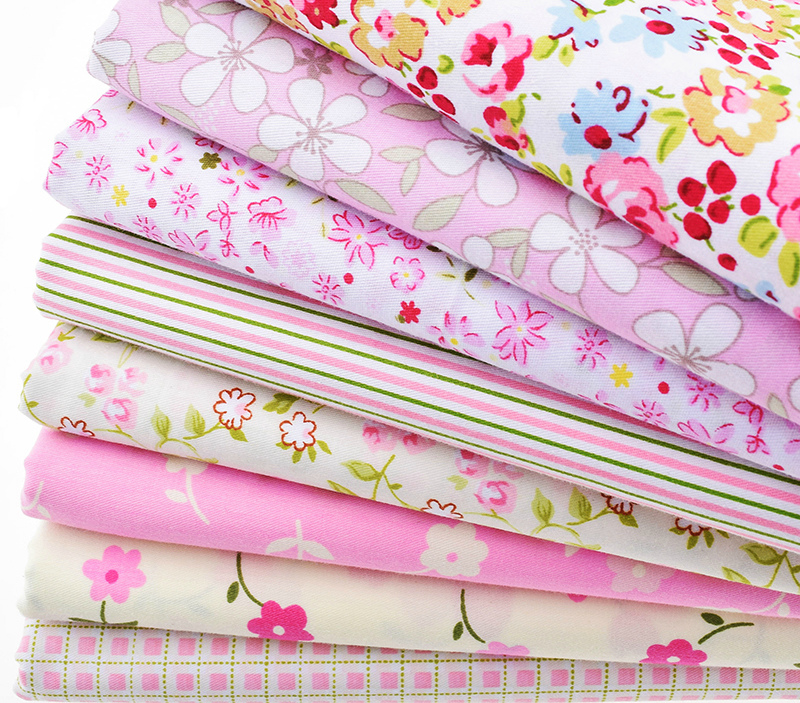
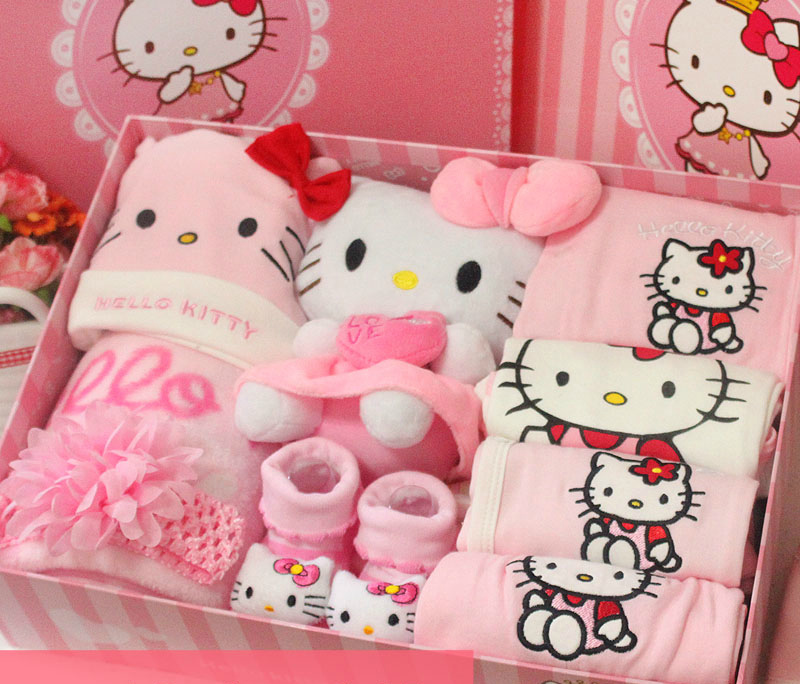
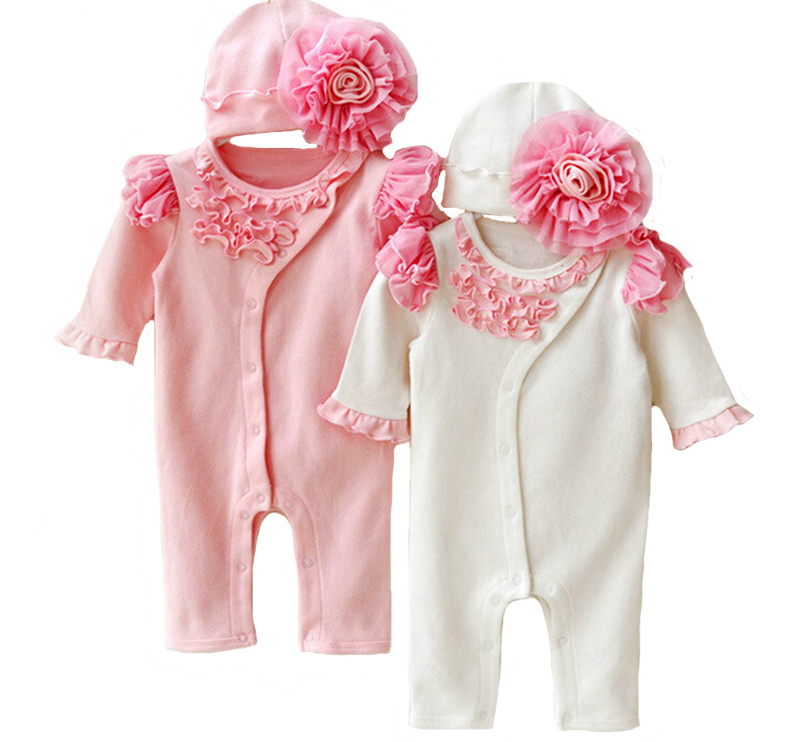
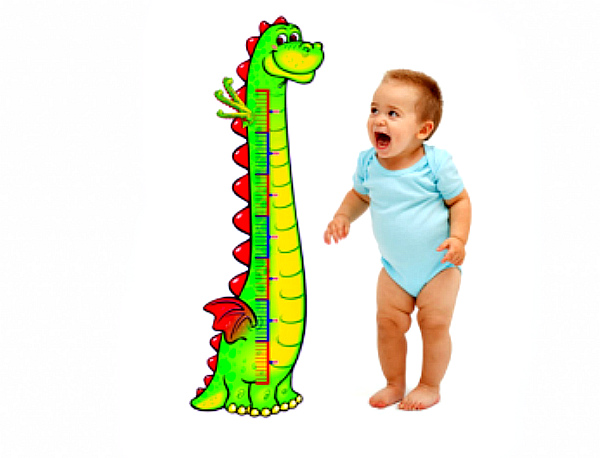
How to clean and care properly
The skin of a newborn is sensitive to any impact, and this also applies to clothing. In addition to the fact that it should be soft and made of natural fabrics, it must be properly cared for. Beforehand, it is necessary to rip off the labels and check the inside for any irritating areas (appliques, embroidery, elastic).
Washing
Washing instructions:
- Children's clothing is washed separately from adult clothing;
- New items must be washed;
- Use baby soap or baby powder, without chemical additives;
- Before washing in a washing machine, items are soaked in a soap solution for 15-20 minutes, dirt is removed, and stains are washed out;
- Wash at 60-70⁰С with extra rinse function;
- It is easier to wash diapers and rompers immediately after they are dirty.
Ironing
During the first 1-3 months, it is mandatory to iron clothes for newborn girls on both sides, especially items that come into contact with the baby’s body. Heat treatment is destructive to microbes and removes sharp folds, thereby preventing skin irritation. Proper washing and mandatory ironing eliminates the risk of skin diseases and diaper rash.
When buying things for their little girl, parents should choose first of all not fashionable and beautiful clothes, but comfortable and with a natural composition. And cute girlish dresses with lace and embroidery are suitable for a walk and a photo shoot.
Video

